Early marriages and other scandalous daily life in Iraq
28 Aug 2023Iraq - an incredibly fascinating country, captivating not only with its nature, architectural landmarks, and ancient history, but also with its traditions, way of life, and lifestyle. Some facts will astonish you and even shock you. We have compiled a selection of unique facts that will help you discover many intriguing things about Iraq and reveal a completely unexpected side to you.
1. Hospitality
Upon entering an Iraqi household, visitors are frequently greeted with bread and salt, symbolizing hospitality and goodwill. This deeply ingrained tradition reflects the significance of warmly embracing guests. Iraqi homes are renowned for their remarkable hospitality. Guests receive the highest level of respect and are provided with nourishment, beverages (especially tea), and comfortable seating. This hospitality extends to even unplanned callers, as it's considered impolite to dismiss someone without offering refreshments.
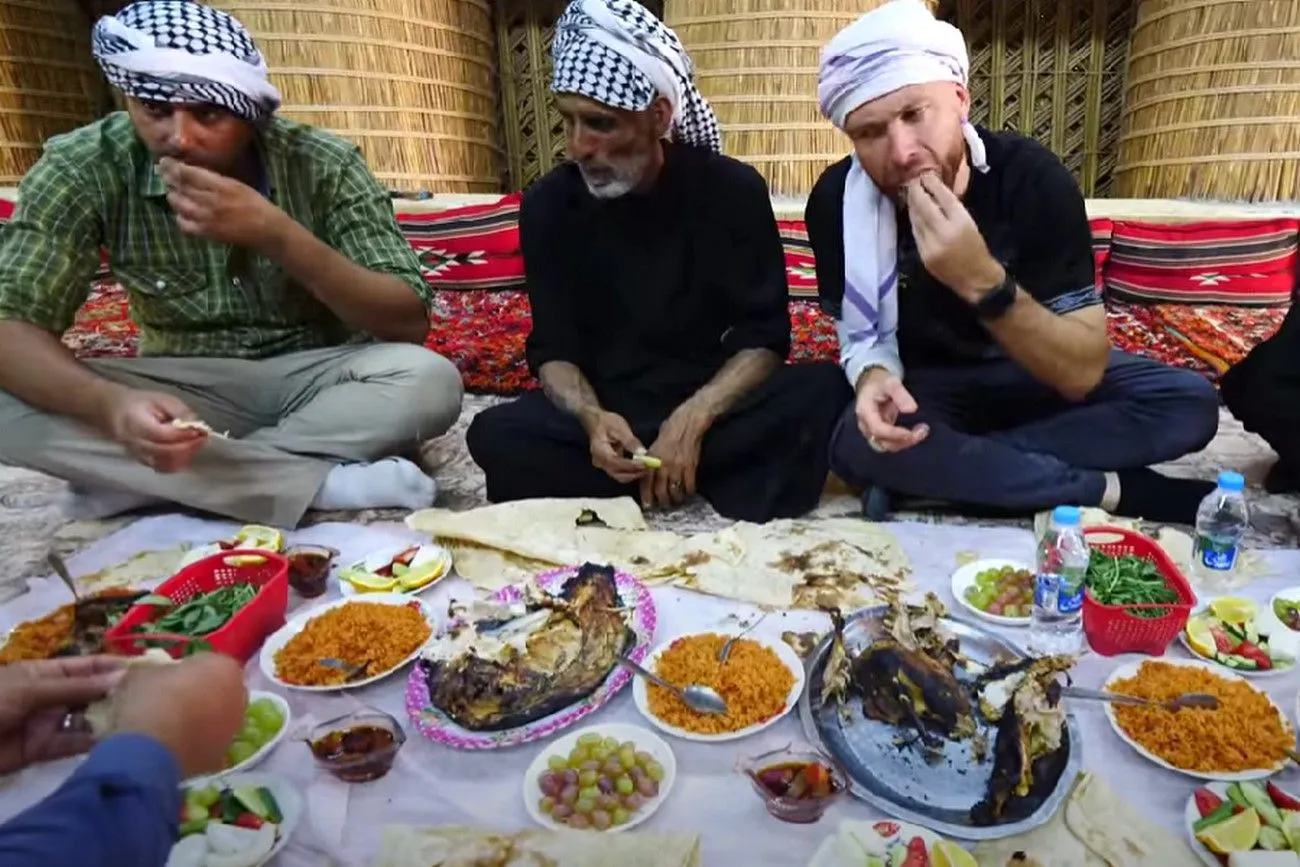 @Iraqi VILLAGE FOOD DUCK and FISH! TRADITIONAL COOKING in Chibaish, Iraq!/Davidsbeenhere/ YouTube.com
@Iraqi VILLAGE FOOD DUCK and FISH! TRADITIONAL COOKING in Chibaish, Iraq!/Davidsbeenhere/ YouTube.com
2. Superstitions of Iraqis
Iraqis are among the most superstitious people in the world. They believe in omens and have held onto this belief for centuries, as superstitions are passed down from generation to generation. In particular, there is a belief that the fear of black cats originated in Iraq. People believed that black cats bring misfortune and can invoke trouble. For many centuries, black cats were chased away as far as possible from humans. Today, Iraqis still believe that it's best to avoid dealings with this creature.
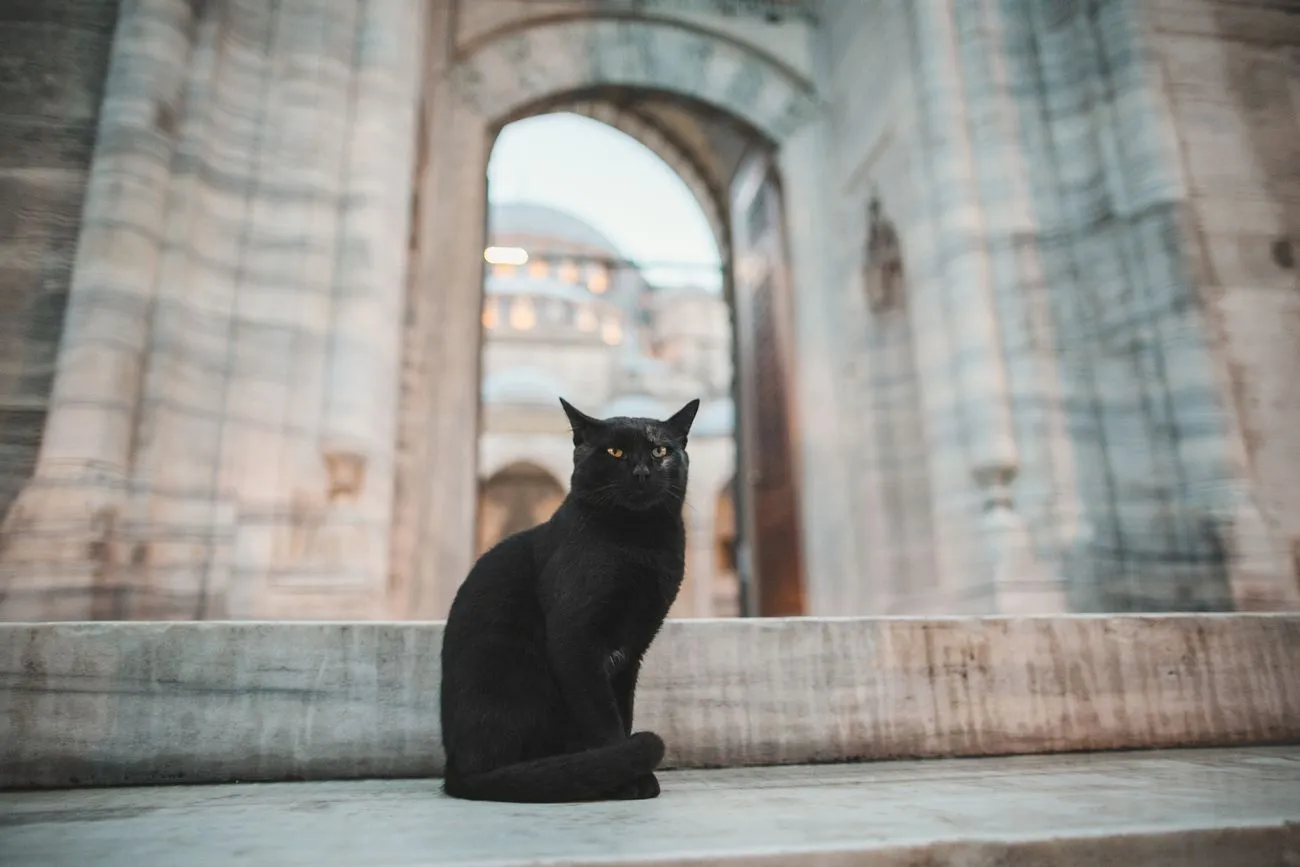
3. Eating with the left hand is prohibited
In Iraq, using the left hand for eating is seen as unclean, as it is traditionally reserved for personal hygiene tasks. This cultural practice has led to the belief that using the left hand during meals is disrespectful and inappropriate. This belief is deeply rooted in Islamic traditions, as the left hand is traditionally used for tasks such as cleaning oneself after using the restroom. The right hand, on the other hand, is considered pure and more suitable for eating. This cultural norm has been passed down through generations, reflecting the importance of cleanliness and manners in Iraqi society. If this rule is not followed, individuals can face consequences. Specifically, those who do not adhere to this cultural norm might be subject to penalties, including fines.
 @STOP Eating With Your Left Hand./Go Dekho Pakistan/YouTube.com
@STOP Eating With Your Left Hand./Go Dekho Pakistan/YouTube.com
4. Call to Prayer
The call to prayer (Adhan) holds an essential place in daily life in Iraq. Numerous households set aside a small area or corner specifically for prayer, where family members come together to fulfill their religious duties. This room lacks furnishings and wall decorations. All that's present here is a carpet and a soft, noise-isolating wall. This is all a Muslim need for solitude and prayer. If someone from the household is not at home during prayer time, they carry a small prayer mat with them on which they can kneel to pray and show devotion to Allah.
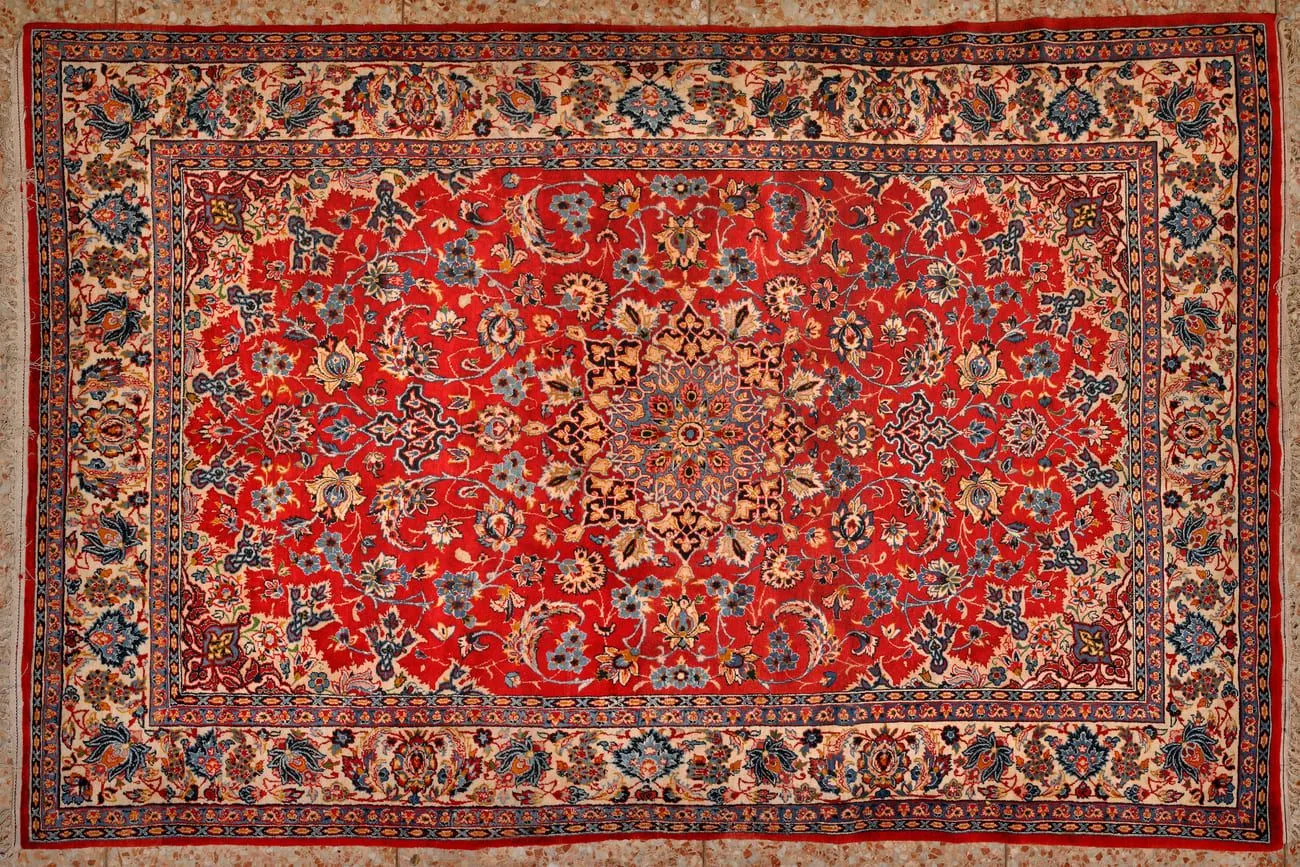
5. Two New Year
In Iraq, individuals observe two New Year celebrations annually. The initial celebration occurs during Muharram, which is the first month of the Islamic calendar. Families come together around a haft-seen table adorned with seven symbolic items, all starting with the letter "S" in Persian. This practice signifies the onset of spring and the rejuvenation of life. Additionally, many Iraqis also commemorate New Year's Eve on December 31 according to the Gregorian calendar, marked by lively fireworks displays.
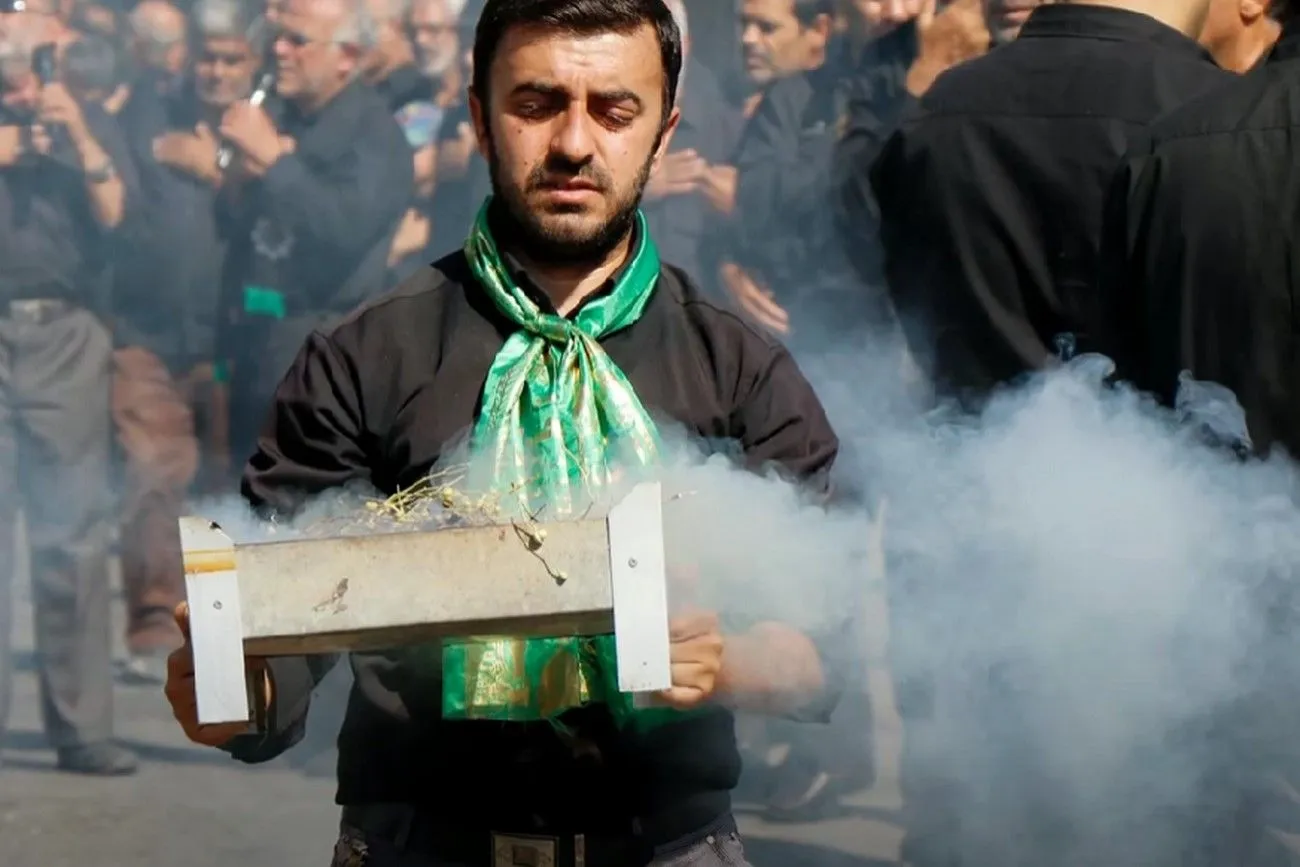 @Iraq- 12 Interesting Facts! | Country Facts/Explified/YouTube.com
@Iraq- 12 Interesting Facts! | Country Facts/Explified/YouTube.com
6. Therapeutic honey
In Iraq, there is a belief that honey possesses the ability to alleviate various ailments, including headaches, gout, and a range of other health issues. This traditional perspective on honey's medicinal properties has been upheld for generations, reflecting the significance of natural remedies in the country's cultural practices. So, many Iraqis have their own beehives and are actively engaged in beekeeping. For many of them, this is a longstanding family tradition and a familial endeavor.
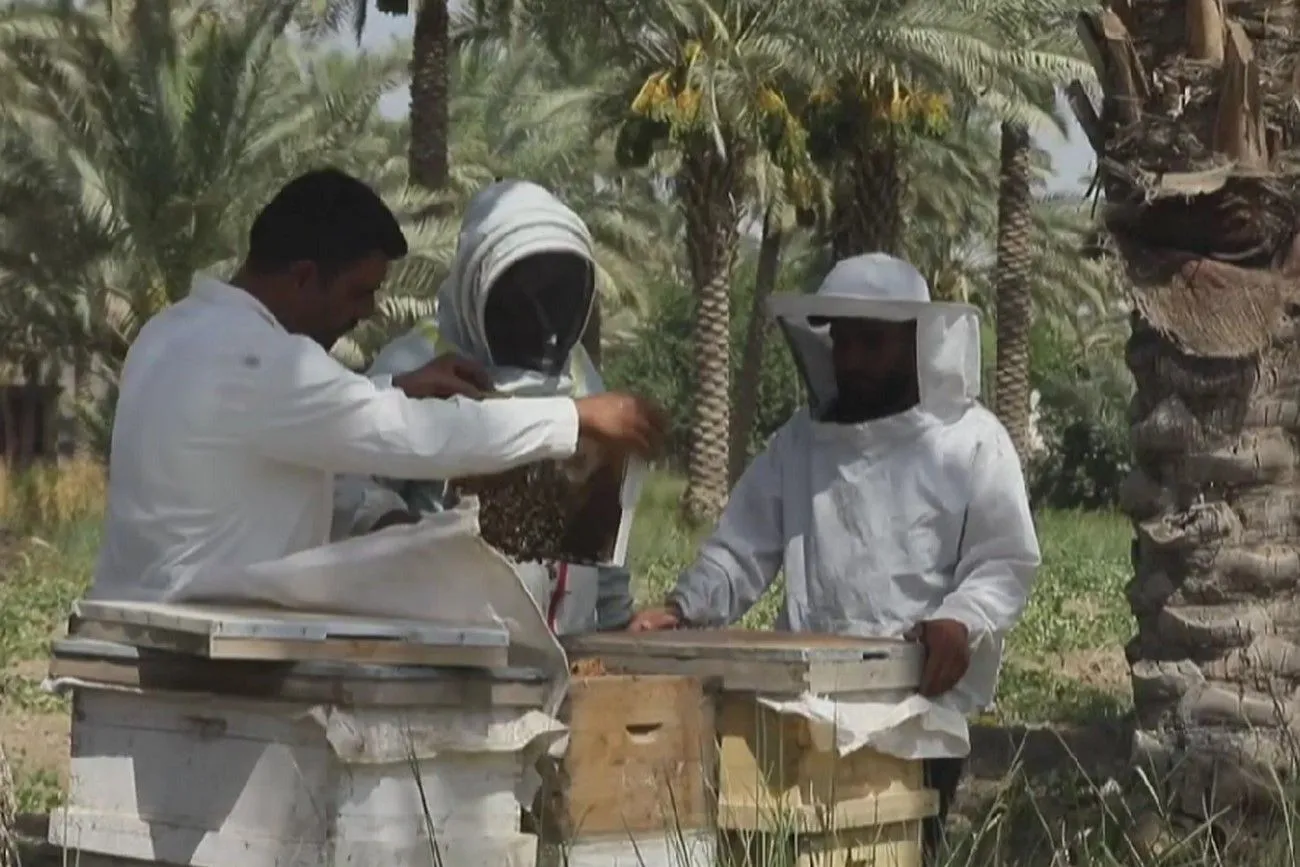 @Iraq honey production at the mercy of heat and drought/Sharjah24 News/YouTube.com
@Iraq honey production at the mercy of heat and drought/Sharjah24 News/YouTube.com
7. Cultural Taboos
Certain cultural taboos in Iraq may appear unusual to those not familiar with the culture. For instance, showing the sole of your shoe to someone is regarded as impolite. Additionally, it's important to note that public displays of affection, especially between opposite sexes, are generally considered inappropriate and may be frowned upon. Modesty in clothing is highly valued, and dressing conservatively is expected, especially in more traditional or religious settings. These cultural norms reflect the deep-rooted traditions and values that shape interactions and behaviors in Iraqi society.
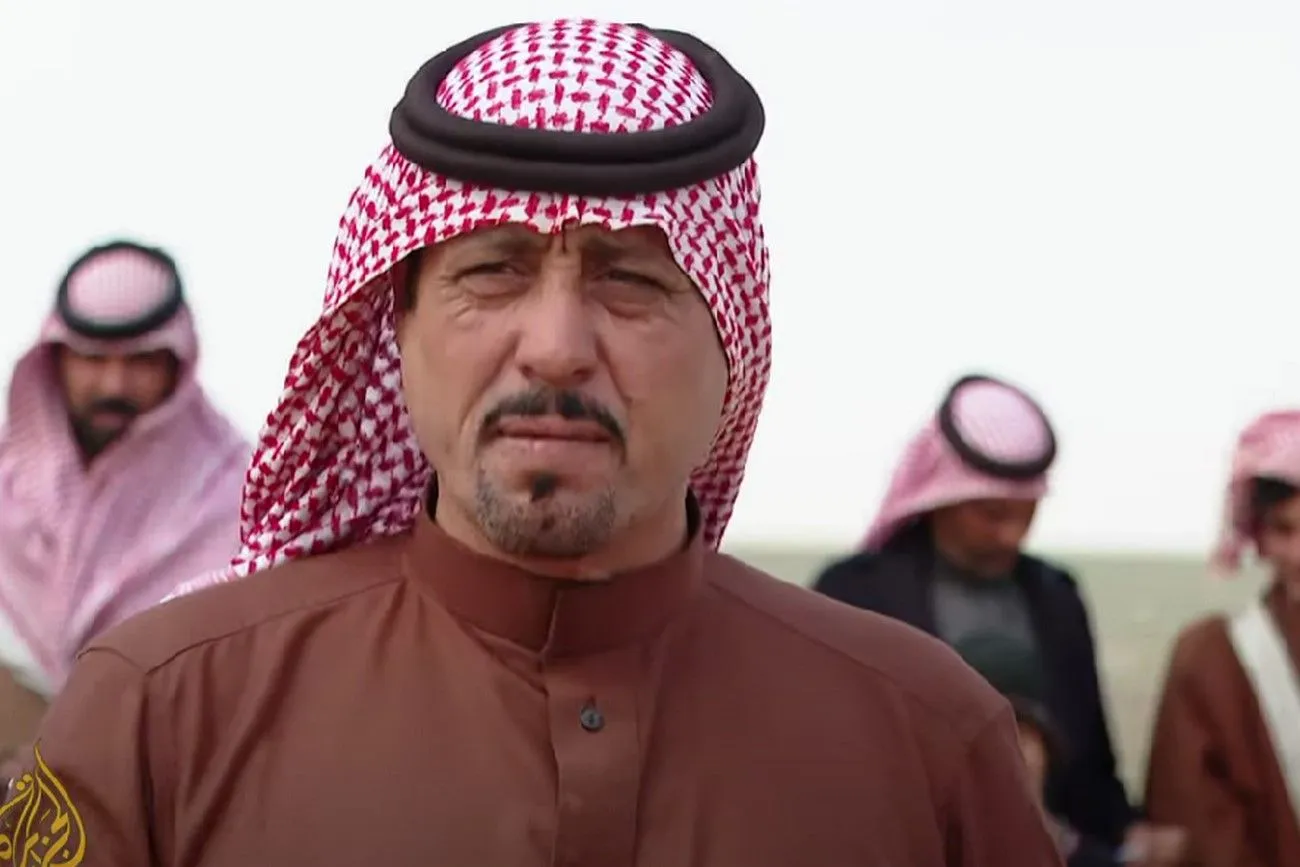 @Desert truffles plays important role in Iraq's tradition & economy/Al Jazeera English/YouTube.com
@Desert truffles plays important role in Iraq's tradition & economy/Al Jazeera English/YouTube.com
8. Blood Quran
Iraq boasts numerous intriguing and ancient discoveries. However, even in the modern era, Iraqi leaders continue to actively shape history and leave behind unusual relics, often placed in museums. For instance, one of Iraq's mosques houses a Quran written in ink infused with the blood of Saddam Hussein. The calligrapher of the sacred book claimed that approximately 27 liters of the former head of state's blood were used for this purpose. Presently, this Quran is safeguarded within Baghdad's Umm al-Qura Mosque, where it is displayed for public viewing.
 @सद्दाम हुसैन के खून स लिखा Quran | Quran written in the blood of Saddam Hussein | #shorts #Quran/I M Factor/YouTube.com
@सद्दाम हुसैन के खून स लिखा Quran | Quran written in the blood of Saddam Hussein | #shorts #Quran/I M Factor/YouTube.com
9. National Dishes
A highly popular dish in Iraq is "kubba," which strongly resembles a typical savory pastry known as "chebureki." Iraqi cuisine incorporates a variety of spices and herbs that lend depth and flavor to their dishes. Don't hesitate to try something new, like the aromatic Sabzi Polo, a rice dish infused with herbs and spices, or a bowl of rich blackberry stew. For a truly unique food experience in Iraq, consider visiting one of the numerous street food vendors lining the streets. Here, you'll find everything from delicious samosas to sweet pastries, all at a fraction of the cost compared to a restaurant. One of the most popular national dishes is Masgouf, a must-try for any tourist. It's prepared using fish caught from the river, cleaned, split open, and placed over a fire with a sprinkling of spices. You'll be thoroughly delighted by the experience.
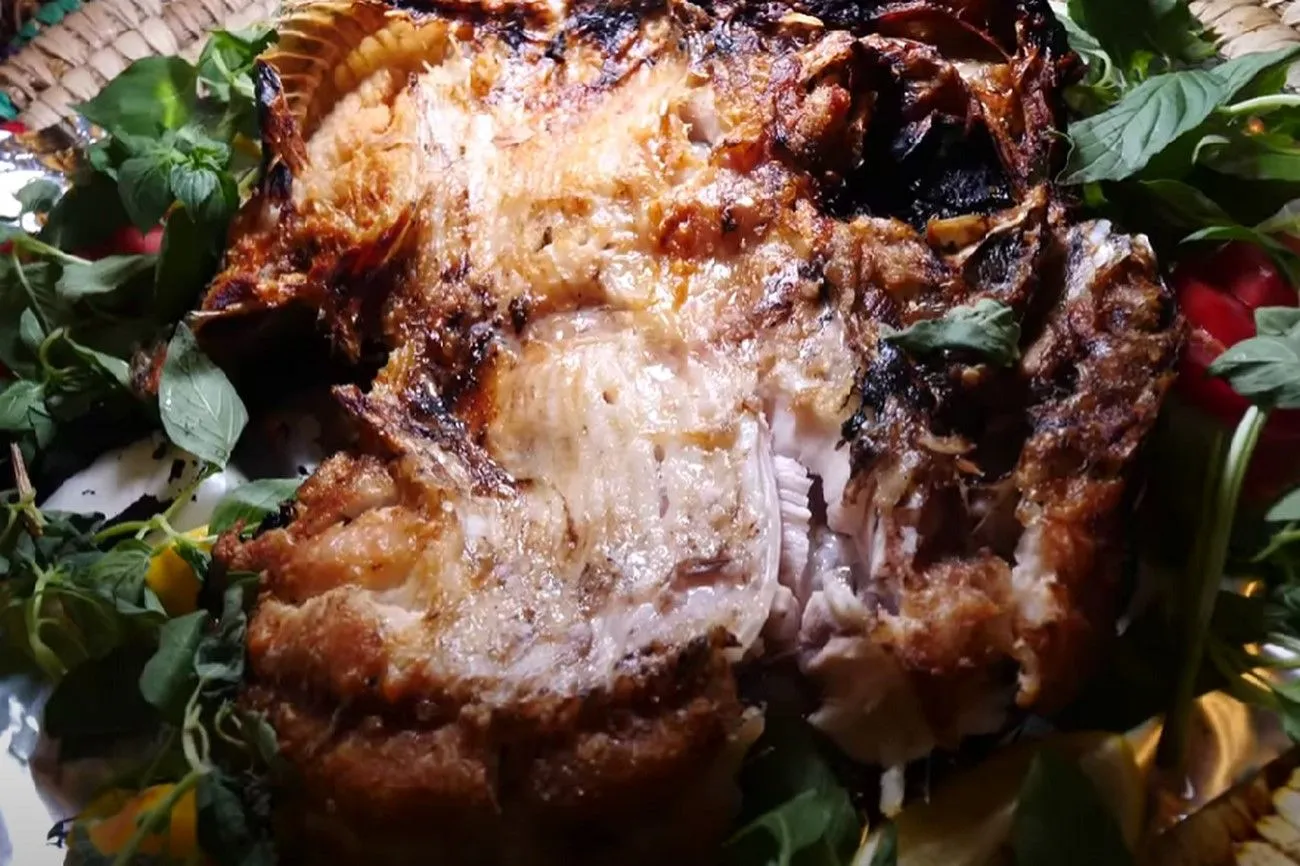 @Iraq National Dish MASGOUF! Iraqi Feast in BAGHDAD!/Davidsbeenhere/YouTube.com
@Iraq National Dish MASGOUF! Iraqi Feast in BAGHDAD!/Davidsbeenhere/YouTube.com
10. Mud huts
A typical rural dwelling in Iraq is a mud hut constructed from sun-dried bricks. These huts are commonly referred to as "Mud huts." These traditional structures have been a staple in Iraqi rural landscapes for generations, showcasing the resourcefulness of local communities. The use of sun-dried bricks, known as adobe, reflects an eco-friendly approach to construction, as it relies on natural materials readily available in the region. Despite their simple appearance, mud huts offer effective insulation against the extreme temperatures prevalent in Iraq's climate. While modernization has introduced new architectural styles, these mud huts remain a poignant symbol of Iraq's rural heritage, connecting the past with the present in a blend of practicality and cultural identity.
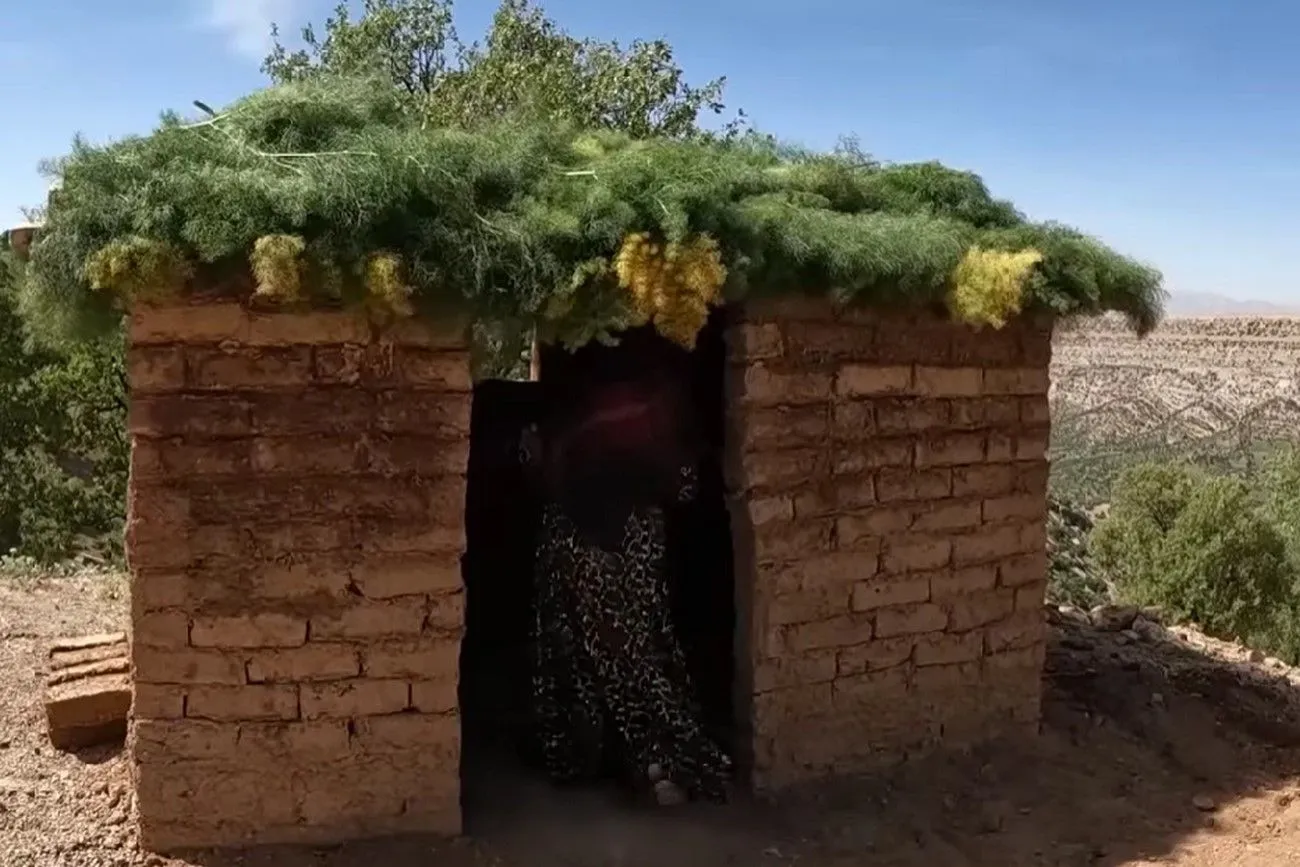 @Building a very beautiful mud hut in the mountains by a village woman/ROSTA/YouTube.com
@Building a very beautiful mud hut in the mountains by a village woman/ROSTA/YouTube.com
11. Table Etiquette Tradition
In Iraq, it is not considered impolite to eat quickly, even without using a fork and spoon. On the contrary, a guest's eager consumption of food signals its true deliciousness. Therefore, you would delight the host by savoring and swiftly consuming the meal. However, if you invite an Iraqi to your home and set the table, be cautious to prevent your pets from approaching the table. A guest in the house would be deeply offended if a household pet were to suddenly appear near the dining table.
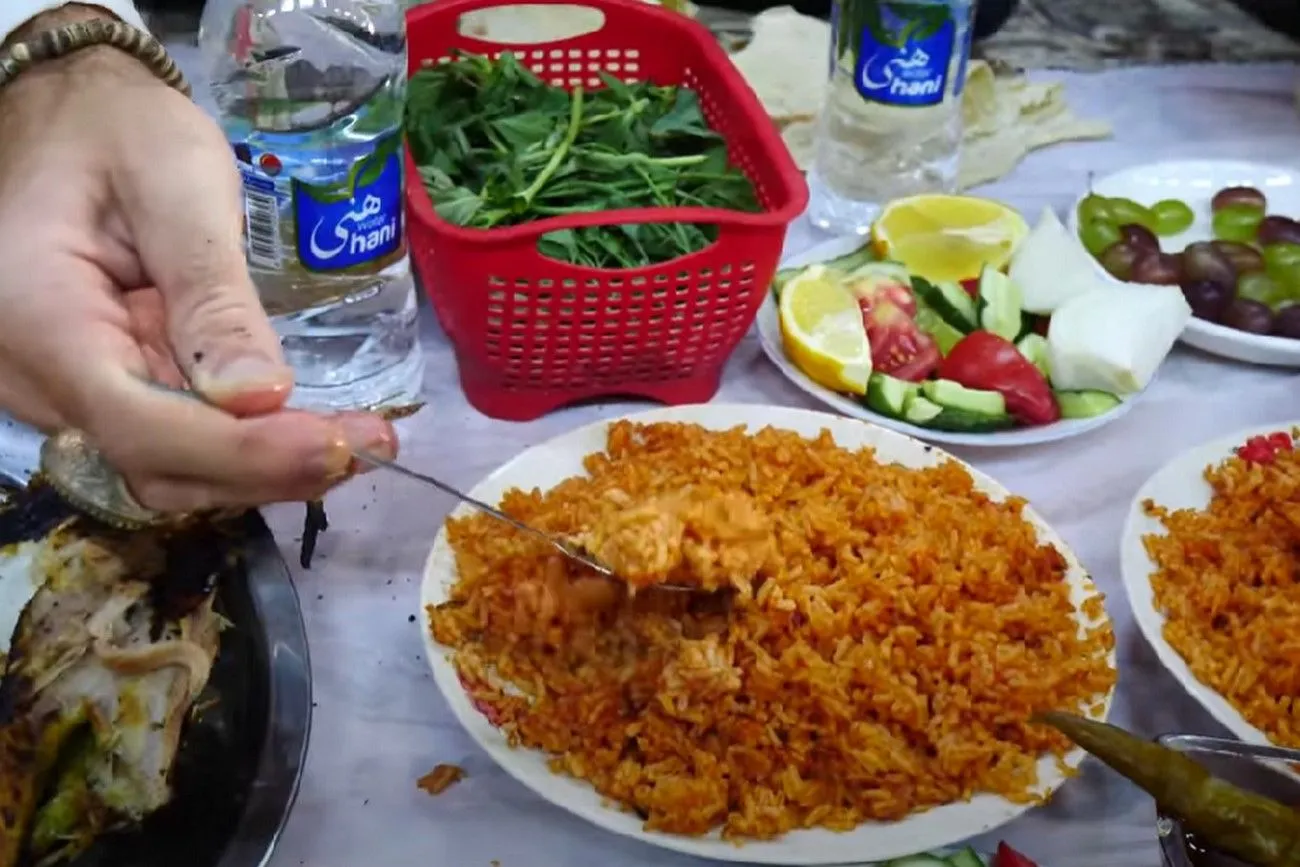 @Iraqi VILLAGE FOOD DUCK and FISH! TRADITIONAL COOKING in Chibaish, Iraq!/Davidsbeenhere/ YouTube.com
@Iraqi VILLAGE FOOD DUCK and FISH! TRADITIONAL COOKING in Chibaish, Iraq!/Davidsbeenhere/ YouTube.com
12. Ban on alcohol
Since 2016, the production and sale of alcohol have been completely prohibited in Iraq. Offenders can face fines ranging from $8,000 to $20,000. This ban on alcohol is rooted in Iraq's conservative cultural and religious values, with the majority of the population adhering to Islam. The prohibition aims to align with Islamic teachings, which discourage the consumption of intoxicating substances. While this regulation is strictly enforced, some non-Muslim communities, such as Christians, are allowed limited personal alcohol use for religious purposes within their own communities. The prohibition reflects the ongoing effort to uphold the country's cultural and religious norms while acknowledging the diversity of its population.
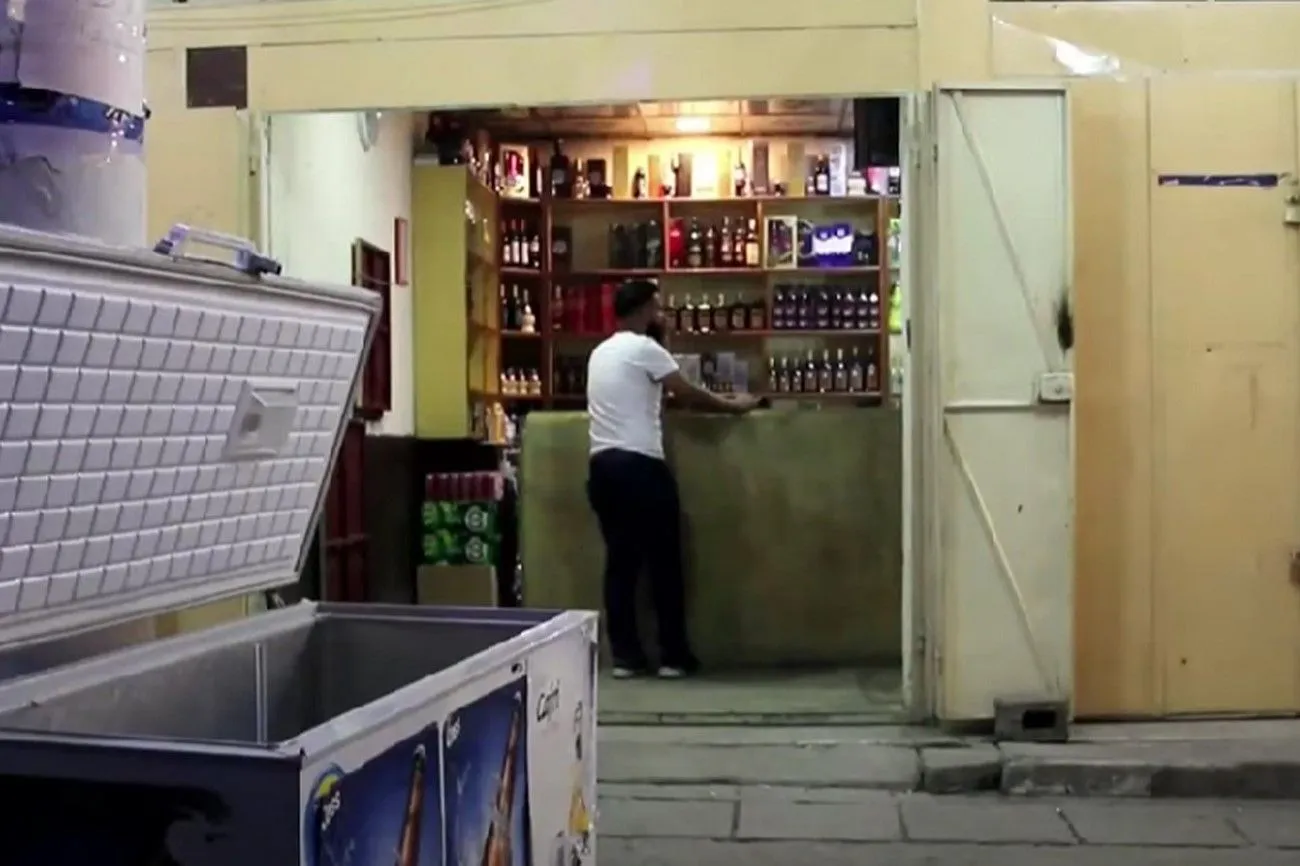 @Christians protest alcohol ban in Iraq, call the legislation 'undemocratic' | Latest English News/WION/ YouTube.com
@Christians protest alcohol ban in Iraq, call the legislation 'undemocratic' | Latest English News/WION/ YouTube.com
13. Child marriages
Child marriages still exist in Iraq. Specifically, young boys can marry at the age of 15, and girls at the age of 9. While early marriages are prohibited, they persist and pose a significant issue. The root of the problem lies in parents attempting to alleviate the financial burden of their daughters, as daughters are seen as a liability due to the societal preference for male children. Girls fa ce prejudice, and as they reach a certain age, parents strive to marry them off quickly to provide for them and relieve their financial responsibility. Despite legal restrictions, cultural norms and economic factors continue to contribute to this concerning practice in Iraq.
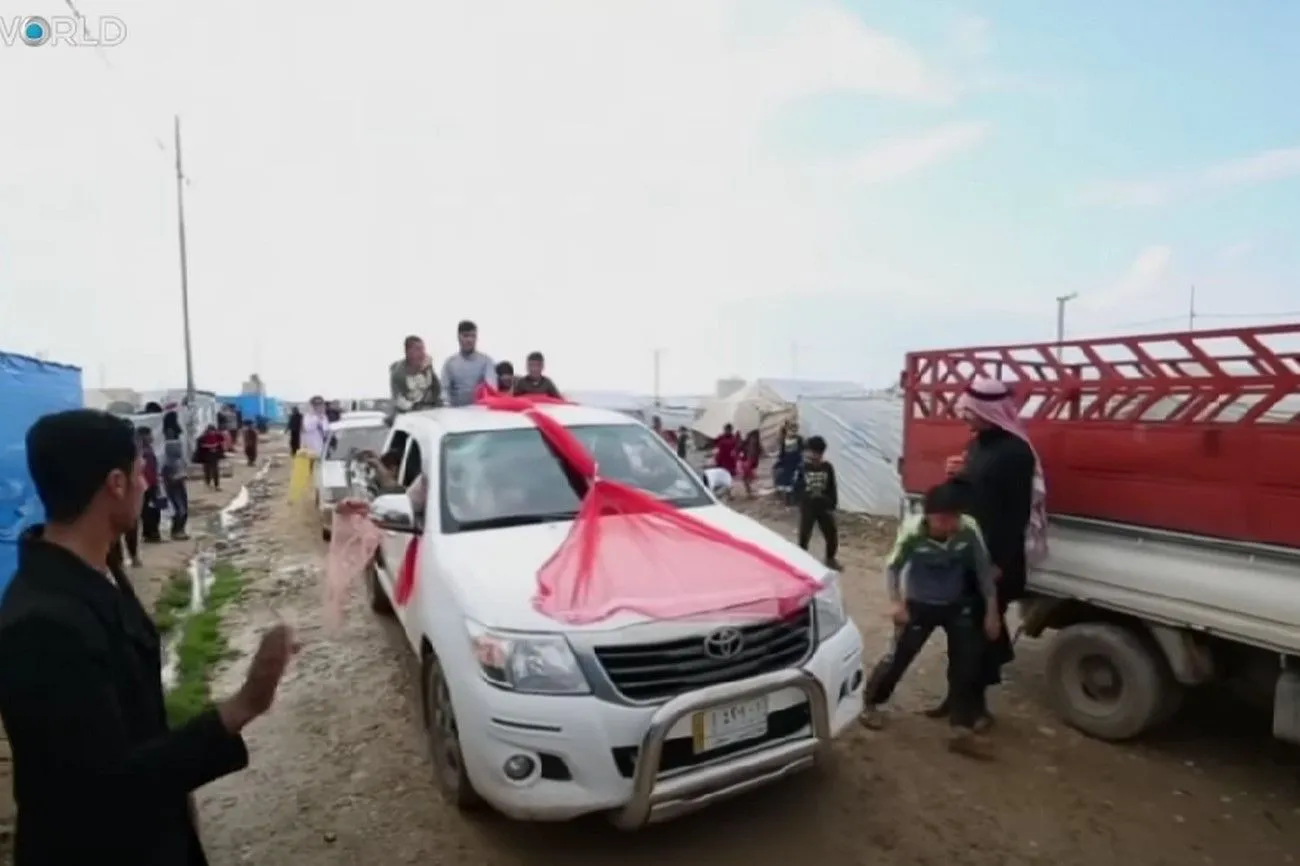 @Child Marriages: Number of child marriages is increasing in Iraq/TRT World/YouTube.com
@Child Marriages: Number of child marriages is increasing in Iraq/TRT World/YouTube.com
14. Football is like a lifestyle
In Iraq, soccer takes the lead as the most beloved sport. Football is a fervor embraced by numerous Iraqis, and you'll witness impromptu matches taking place on streets, open areas, and even makeshift pitches. The intensity of the passion for this sport might strike as remarkable to those hailing from nations where different sports hold sway. While Iraqis do enjoy other sports like basketball and volleyball, their hearts truly belong to football.
 @28 Things You Didn't Know About IRAQ/The Billion Stories/YouTube.com
@28 Things You Didn't Know About IRAQ/The Billion Stories/YouTube.com
15. Bride’s tradition
In Iraq, the practice of marrying first or second cousins has been a longstanding tradition, with more than half of the brides and grooms participating in such unions. This custom is deeply rooted in the cultural and social fabric of the country, often influenced by family dynamics, societal norms, and the desire to maintain close relationships within extended family networks. While this practice has historical significance, it has also sparked discussions about its potential impact on genetics and health within certain communities.
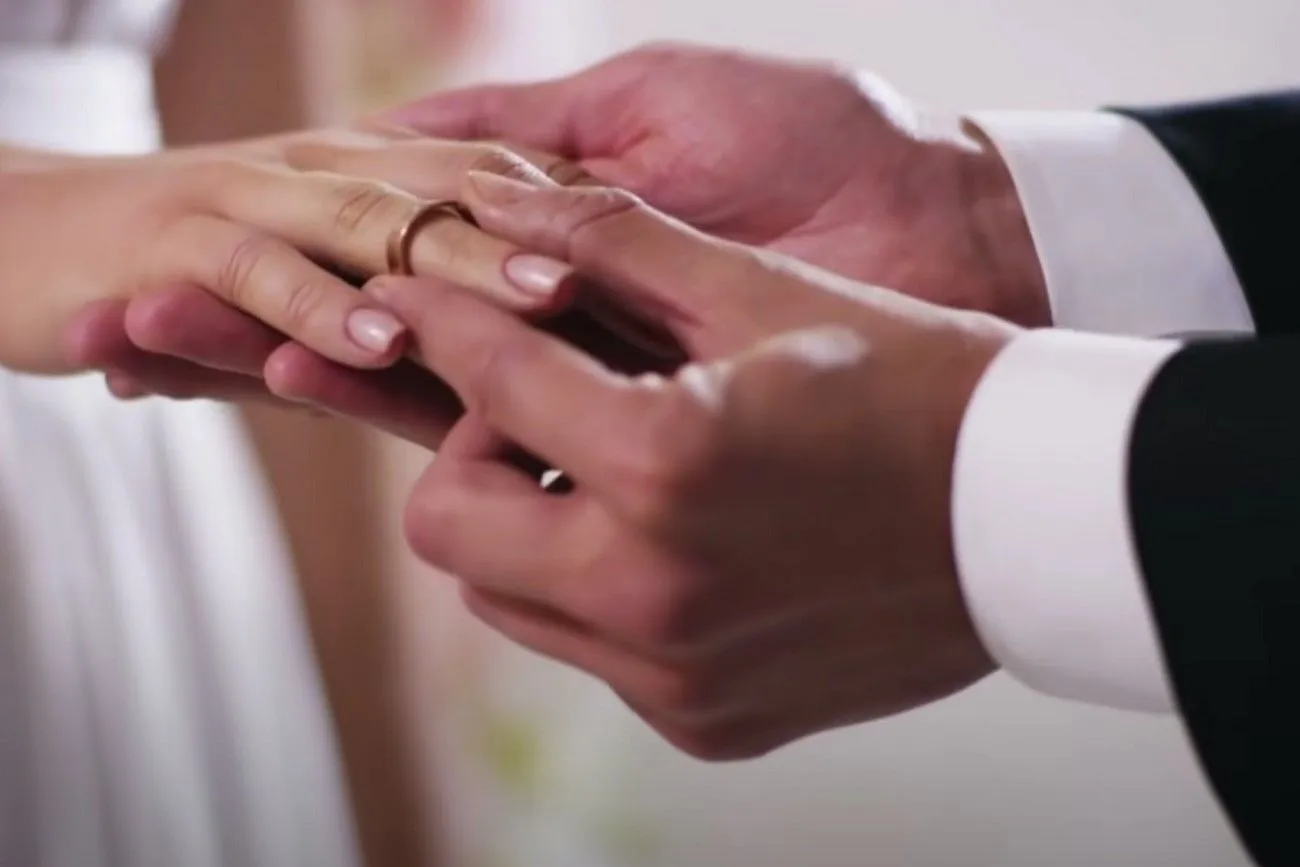 @10 Surprising Muslim Marriage Traditions/FTD Facts/YouTube.com
@10 Surprising Muslim Marriage Traditions/FTD Facts/YouTube.com
16. People with a pain
Those who have silently observed the oppression, occupation, and dictatorship in Iraq form a significant portion of the country's history. These individuals, often considered bystanders or witnesses, have navigated through tumultuous times marked by political unrest, foreign intervention, and authoritarian rule. Their stories paint a complex picture of survival, adaptation, and sometimes the difficult decision to remain neutral in the face of adversity. Amid periods of strife, these silent witnesses might have chosen to prioritize personal safety, family well-being, or simply the preservation of their daily lives. Their experiences reflect the intricate web of challenges that arise when navigating under the shadow of political oppression and authoritarian control. While they may not have actively participated in political activism, their stories offer insights into the strategies people employ to endure, persist, and contribute to the collective memory of Iraq's turbulent history.
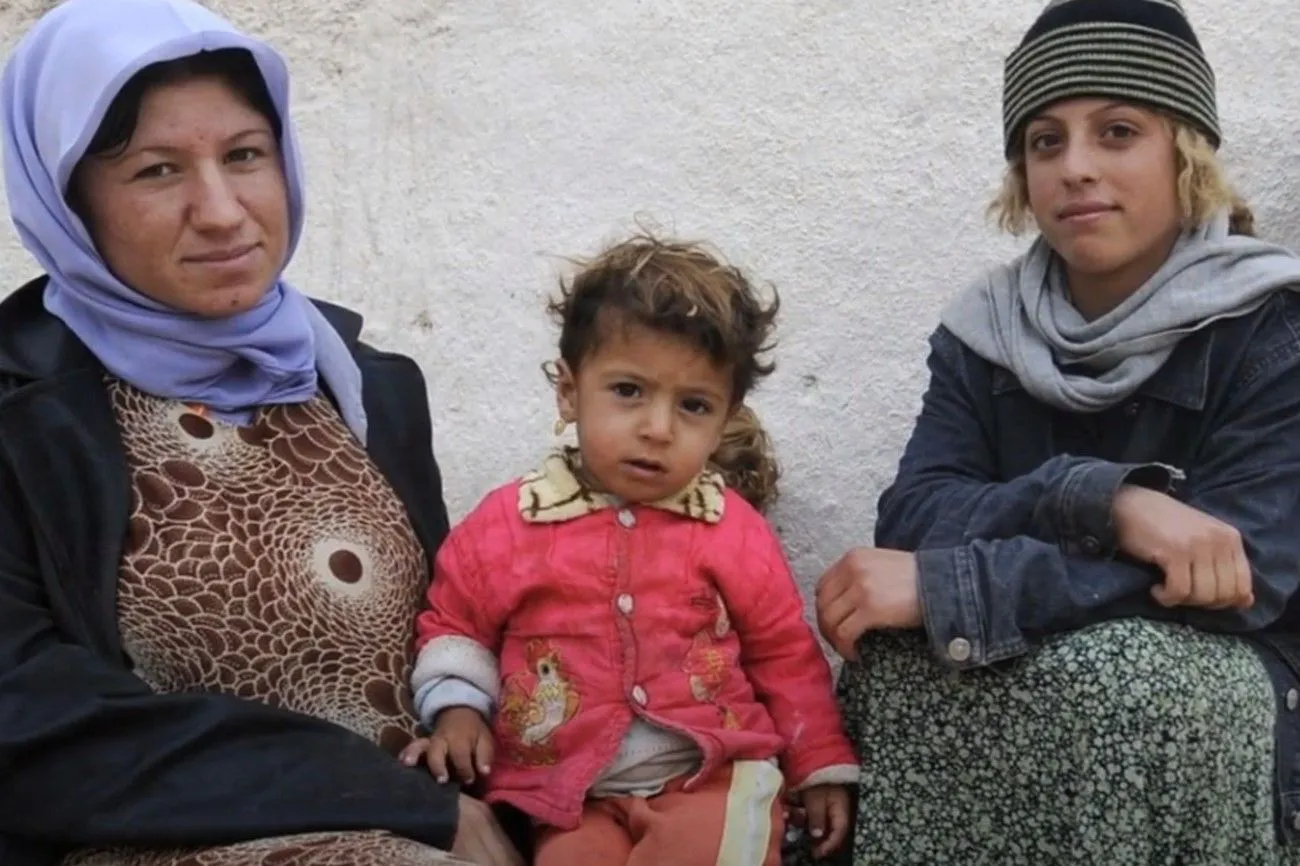 @28 Things You Didn't Know About IRAQ/The Billion Stories/YouTube.com
@28 Things You Didn't Know About IRAQ/The Billion Stories/YouTube.com
17. Graveyard City
Graveyard City, situated near Baghdad, holds a macabre reputation as a unique marketplace where an eerie trade takes place - that of human brains. This chilling practice involves individuals known as "Brain Traders," who deal in the procurement of fresh brains from deceased bodies. The value assigned to these organs can fetch prices reaching up to 1000 euros. The existence of such a grim marketplace raises unsettling questions about the origins and motivations behind this trade. Some speculate that the brains might be used in rituals, occult practices, or even as ingredients in concoctions believed to hold supernatural powers. Others point to the possible involvement of certain fringe groups or those seeking to exploit cultural beliefs.
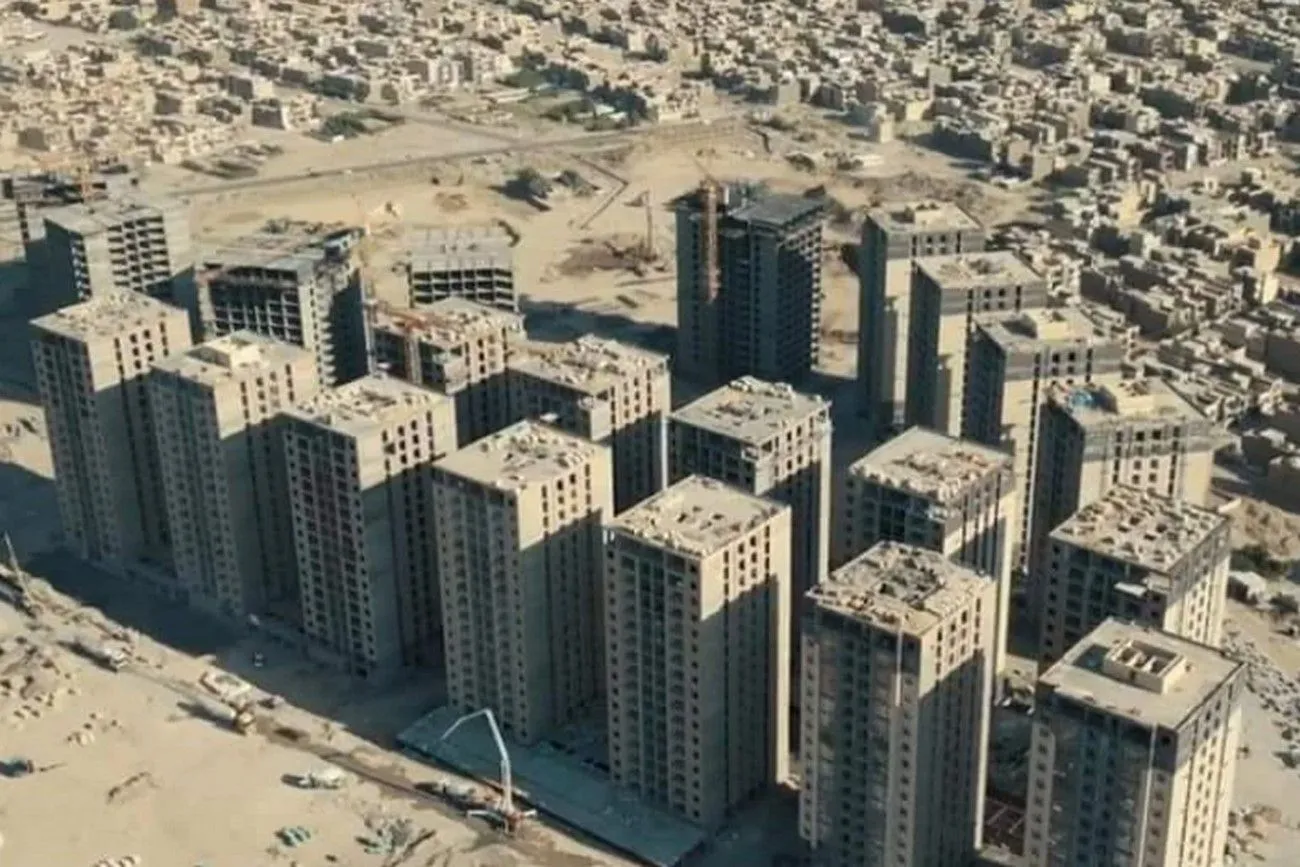 @RodeRage/reddit.com
@RodeRage/reddit.com
18. Unique underground labyrinthine tunnels
The capital of Iraq has unique underground labyrinthine tunnels. Similar tunnels in terms of length and construction are difficult to find worldwide. Baghdad boasted a legendary and intricate system of subterranean tunnels that extended for kilometers. This network had the capacity to accommodate thousands of Iraqi citizens, hospitals, and even military command centers. Constructed by Yugoslav engineers during the 1970s and 1980s, these underground passages and bunkers were intended for the use of the Iraqi dictator.
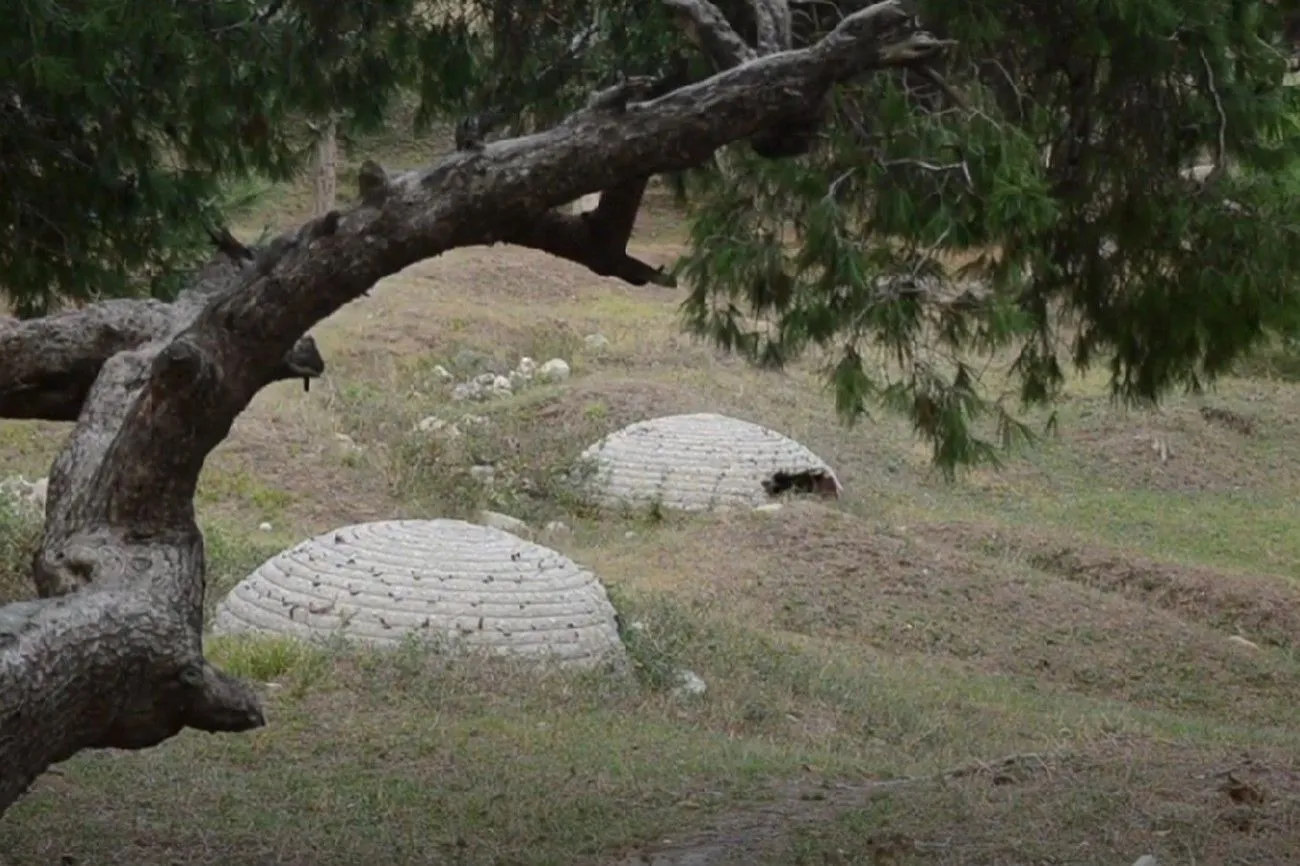 @28 Things You Didn't Know About IRAQ/The Billion Stories/YouTube.com
@28 Things You Didn't Know About IRAQ/The Billion Stories/YouTube.com
19. Rugs with swastika
In Iraq, people have a strong affection for rugs and often weave them by hand. These intricately woven carpets, adorned with the swastika motif, hold a unique cultural significance in Iraq. Unlike its association with negative connotations in some parts of the world, in this nation, the swastika is an emblem of positive values such as fortune, unity, and the bond between diverse communities. The carpets serve not only as pieces of art but also as embodiments of shared history and a reminder of the diverse interpretations symbols can carry across different cultures.
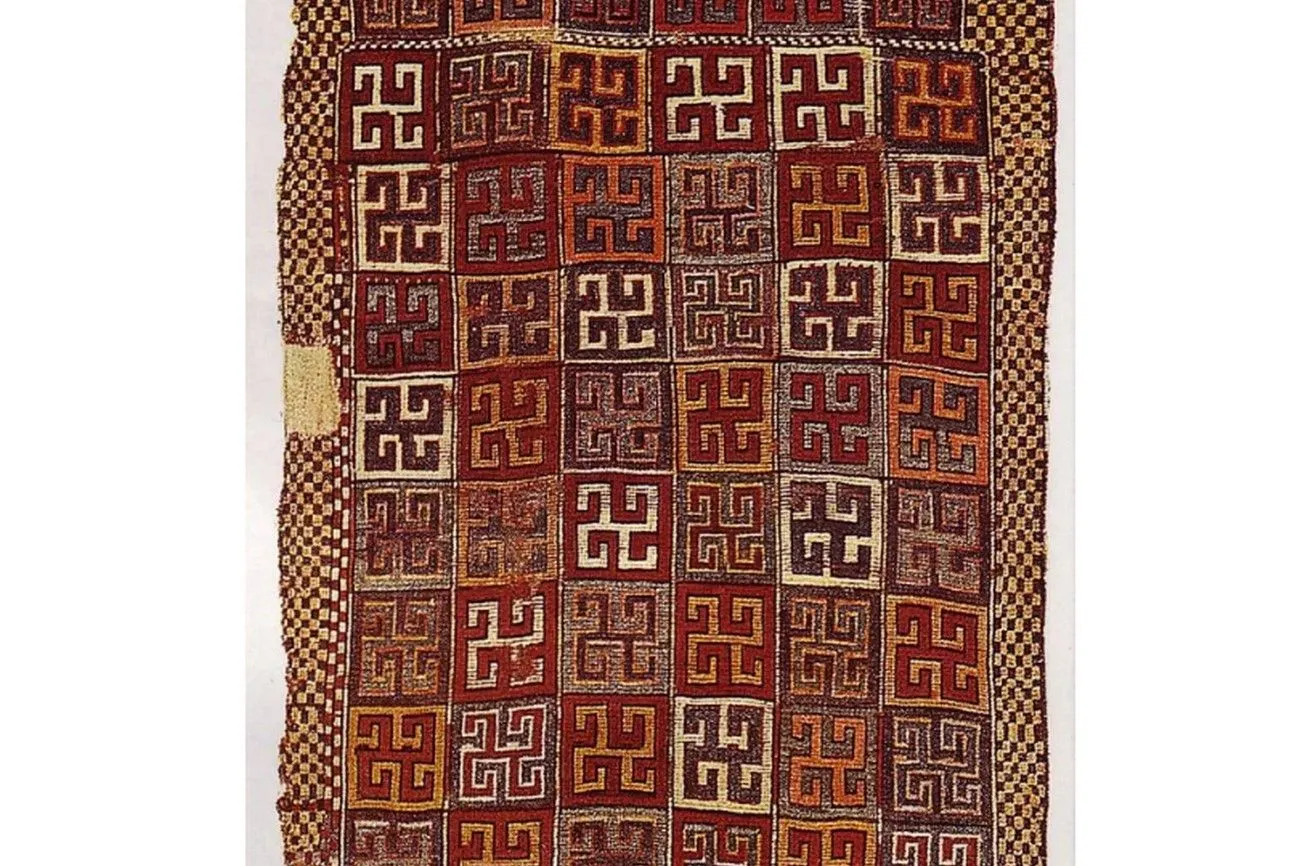 @waterbearcream/reddit.com
@waterbearcream/reddit.com
20. Polygamy
In Iraq, while polygamy exists, it is not widespread. It's crucial for a man to have the means to support all of his wives and provide for them. Additionally, covering the costs of weddings can be quite substantial. As a result, some men economize on weddings and choose to marry multiple women if they can afford to maintain them. Frequently, these newlywed wives live in separate houses to avoid conflicts.
Furthermore, within society, there exists the concept of an "official" mistress, whom a man does not marry. His wife is aware of this relationship but understands that no one is trying to replace her, accepting this arrangement as a matter of course. This complex web of relationships reflects the intricate dynamics of Iraqi society and the diverse paths that individuals navigate within cultural norms.
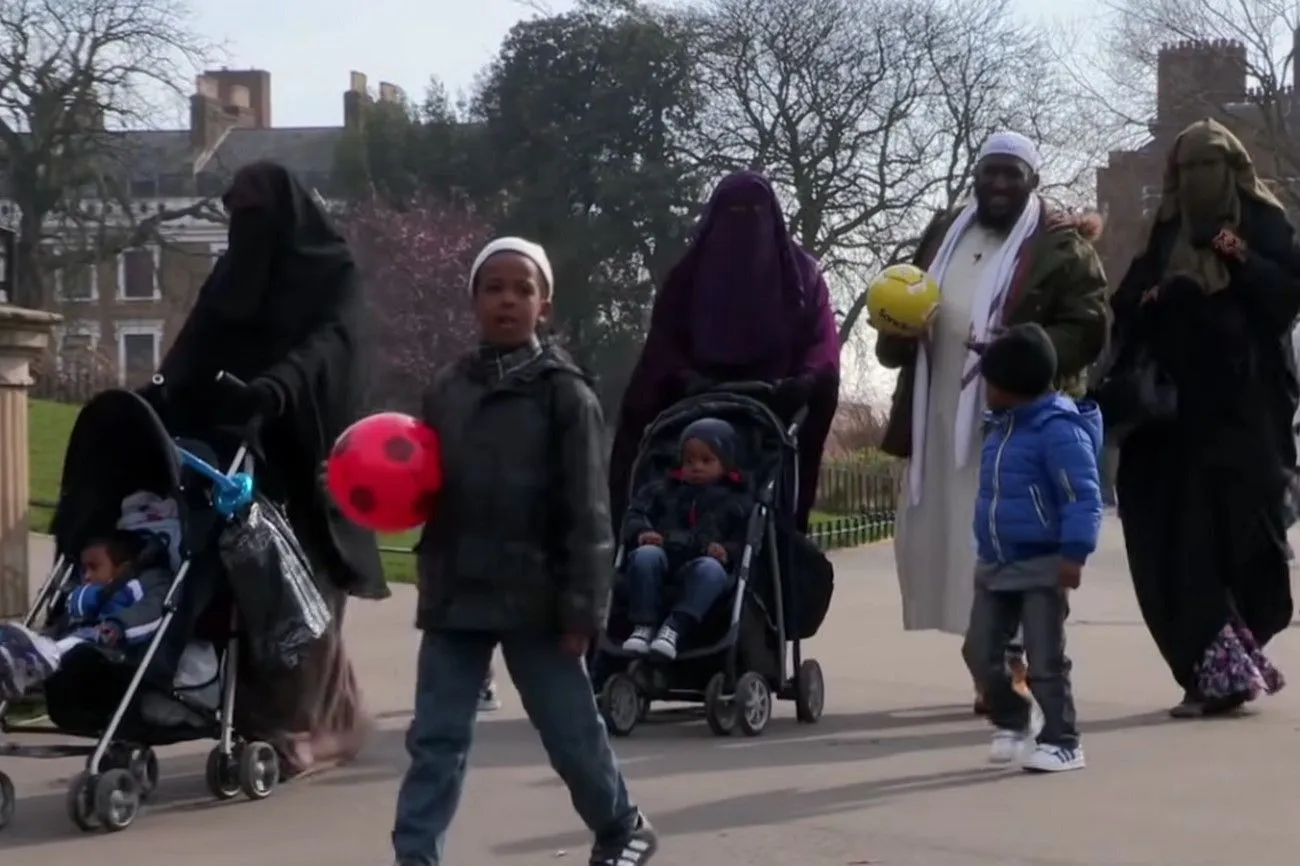 @The Men With Many Wives | Our Life/Our Life/YouTube.com
@The Men With Many Wives | Our Life/Our Life/YouTube.com
21. Wives from abroad
Sometimes, marriages between an Iraqi and a foreigner can be encountered. Foreign wives in Iraq are held in high esteem and embraced by the local community with warmth and acceptance. Their presence is generally appreciated, and they often find themselves respected and treated well within Iraqi society. However, despite the respect and openness shown towards them, there is a notable scarcity of individuals willing to relocate to Iraq, even for the sake of love. The complex geopolitical situation, cultural differences, and security concerns often deter people from considering such a significant move. This reality underscores the challenges and complexities that arise when love meets global dynamics and personal decisions intersect with broader contexts.
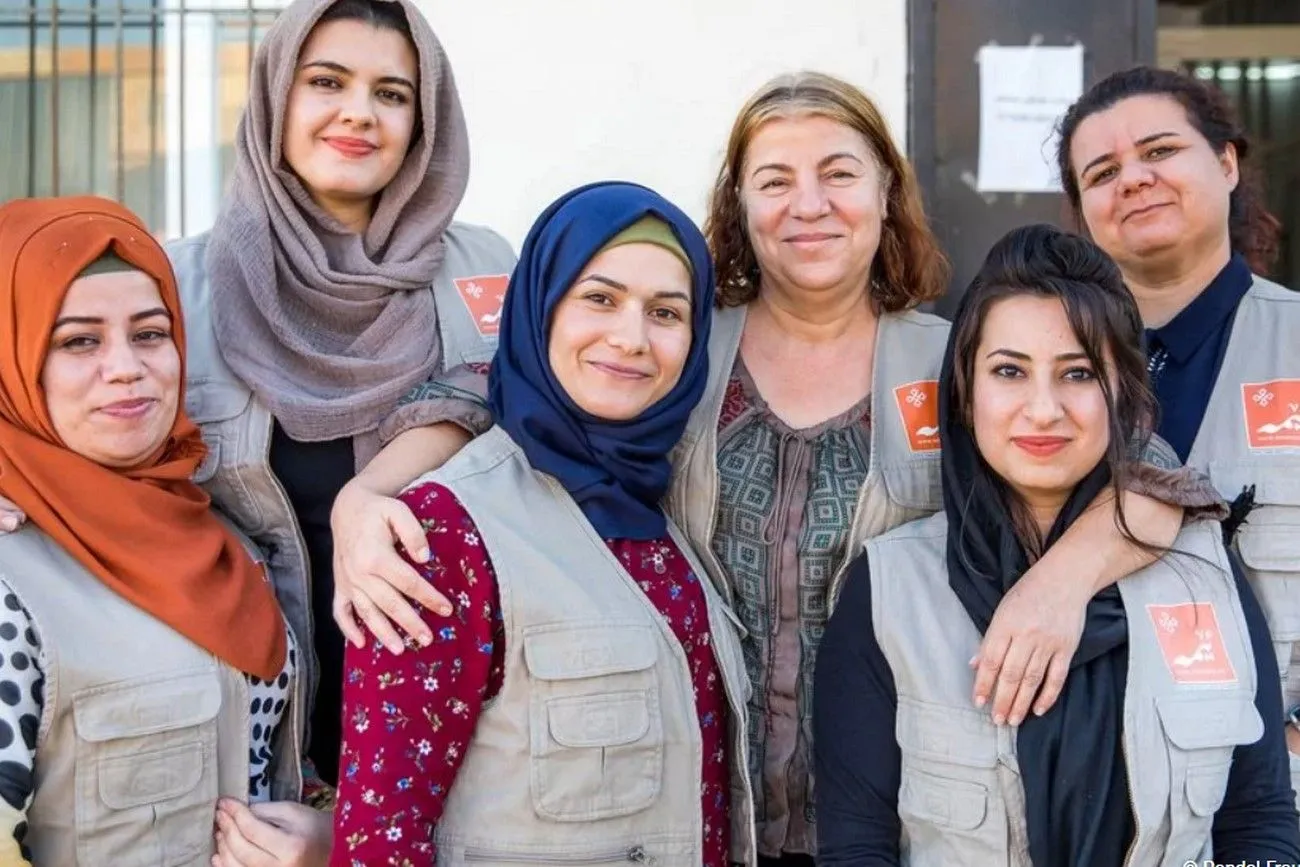 @I GOT MARRIAGE PROPOSAL IN IRAN/Nomadic Tour/YouTube.com
@I GOT MARRIAGE PROPOSAL IN IRAN/Nomadic Tour/YouTube.com
22. Iraqi Kurdistan
Iraqi Kurdistan, often referred to simply as Kurdistan, is an autonomous region within Iraq located in the northern part of the country. It holds a unique status with its own government, military forces, and distinct cultural identity. The capital of the Iraqi Kurdistan Region is Erbil, also known as Hewlêr in Kurdish. Kurdistan is historically and culturally significant, being home to the Kurdish ethnic group. Kurds have their own language, Kurdish, which has several dialects. Throughout history, the Kurdish people have aspired for greater autonomy and recognition of their cultural distinctiveness. The region is rich in oil resources and has experienced economic growth in recent years, particularly following the development of its oil industry. Erbil and Sulaymaniyah, another major city in Iraqi Kurdistan, have seen rapid development and urbanization. It is precisely here that tourists are most commonly encountered.
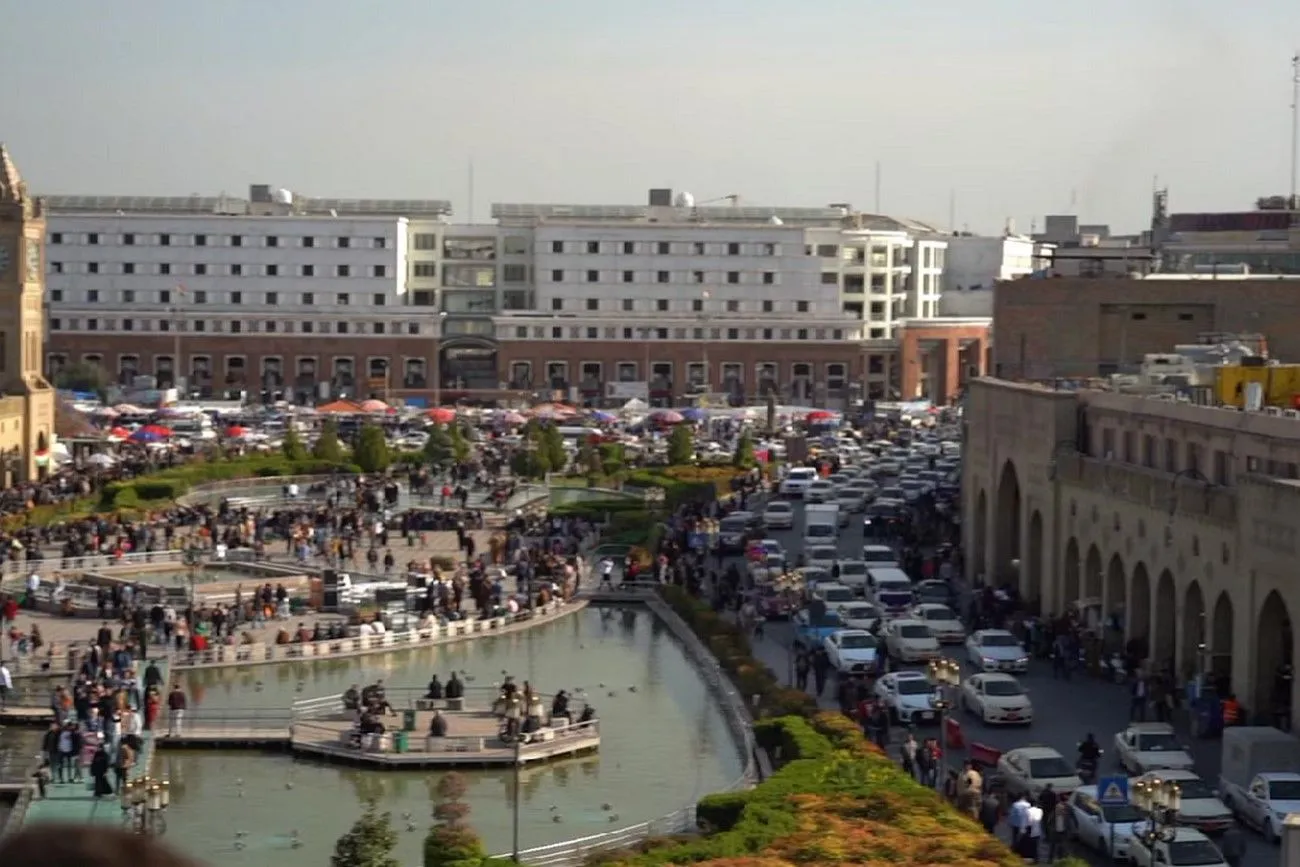 @WALKING STREETS OF IRAQ (This is Crazy) Smoking Shisha & Meeting Locals/Indigo Traveller/YouTube.com
@WALKING STREETS OF IRAQ (This is Crazy) Smoking Shisha & Meeting Locals/Indigo Traveller/YouTube.com
23. Men's Bazaar
In Kurdistan, there is a men's bazaar where you can buy just about anything. However, its main highlight is that only men are allowed to visit, and they do so primarily for the purpose of casual conversation. The bazaar is dotted with numerous tea shops, where men sit down to relax and have a chat. It's a sort of hidden haven for men. Here, not only do they sell items, but they also prepare various delicacies, and it's exclusively men who engage in this culinary endeavor.
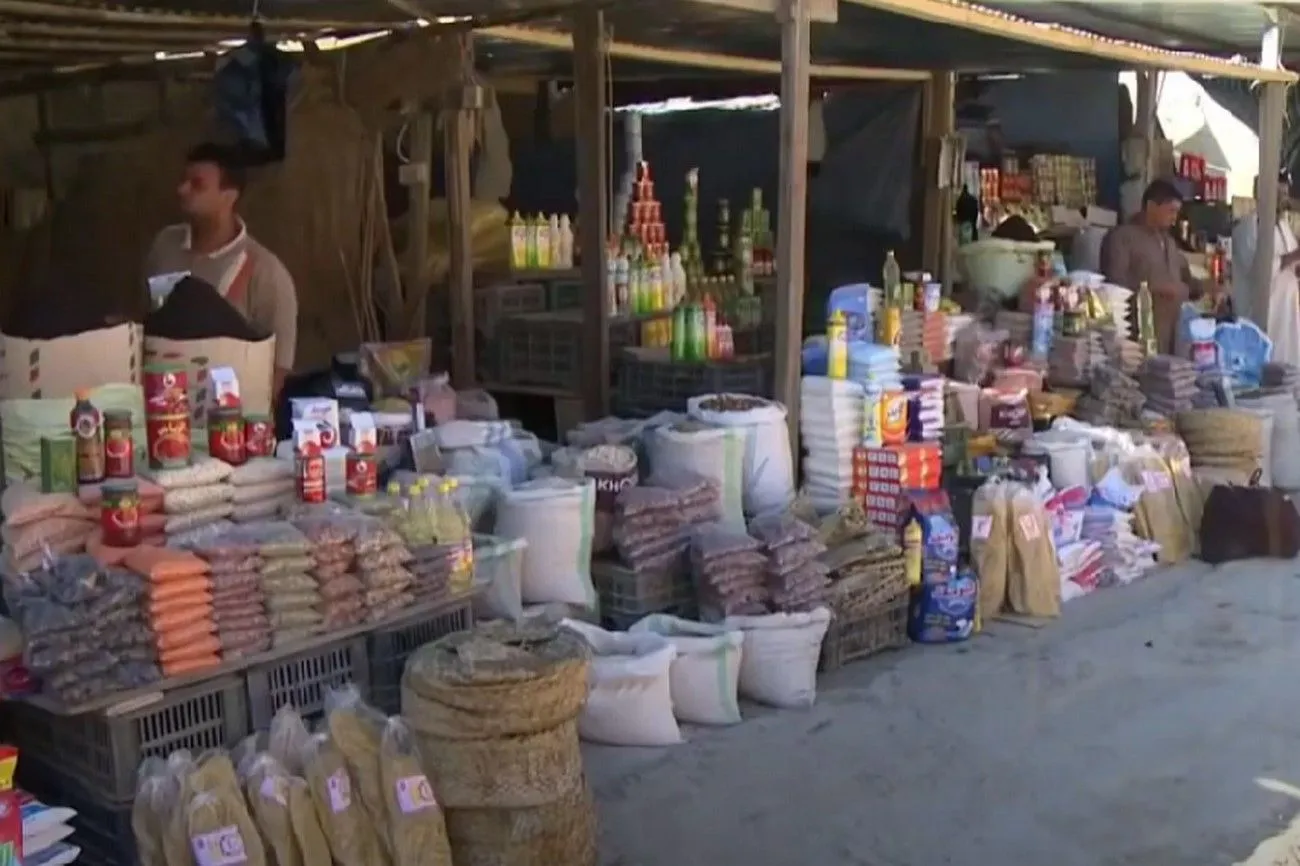 @Most Interesting Facts About Iraq/Crow TV/YouTube.com
@Most Interesting Facts About Iraq/Crow TV/YouTube.com
24. Tourists are held in high regard
Tourists in Iraq are generally welcomed with enthusiasm, and locals often perceive them, particularly those with fair skin, as exotic and novel. Moreover, some locals might approach tourists to take photos with them, occasionally doing so without seeking permission and showing no hesitation even if the tourists are eating.
This fascination with tourists can be attributed to the rarity of their presence in certain areas, creating an atmosphere of curiosity and intrigue. While some tourists may find this attention endearing, others might prefer a more respectful approach. It's a testament to the diverse interactions that can unfold when different cultures intersect, resulting in a blend of reactions and experiences.
 @Visiting FALLUJAH, IRAQ in 2023: What It's Like/Doug Barnard/YouTube.com
@Visiting FALLUJAH, IRAQ in 2023: What It's Like/Doug Barnard/YouTube.com
25. Legendary Babylon
Legendary Babylon, situated in Iraq, holds a place of immense historical and cultural significance. Known as one of the most iconic cities of the ancient world, Babylon's legacy has left an indelible mark on human history. Located along the banks of the Euphrates River, Babylon was once a thriving center of trade, learning, and innovation. It is famously associated with the Hanging Gardens, one of the Seven Wonders of the Ancient World, believed to have been built by King Nebuchadnezzar II for his homesick wife. Today, remnants of this ancient metropolis can still be found in the archaeological site of Babylon. Visitors can explore the ruins of its once-splendid structures, stand before the reconstructed Ishtar Gate at the Pergamon Museum in Berlin, and reflect on its enduring impact on art, architecture, and cultural imagination.
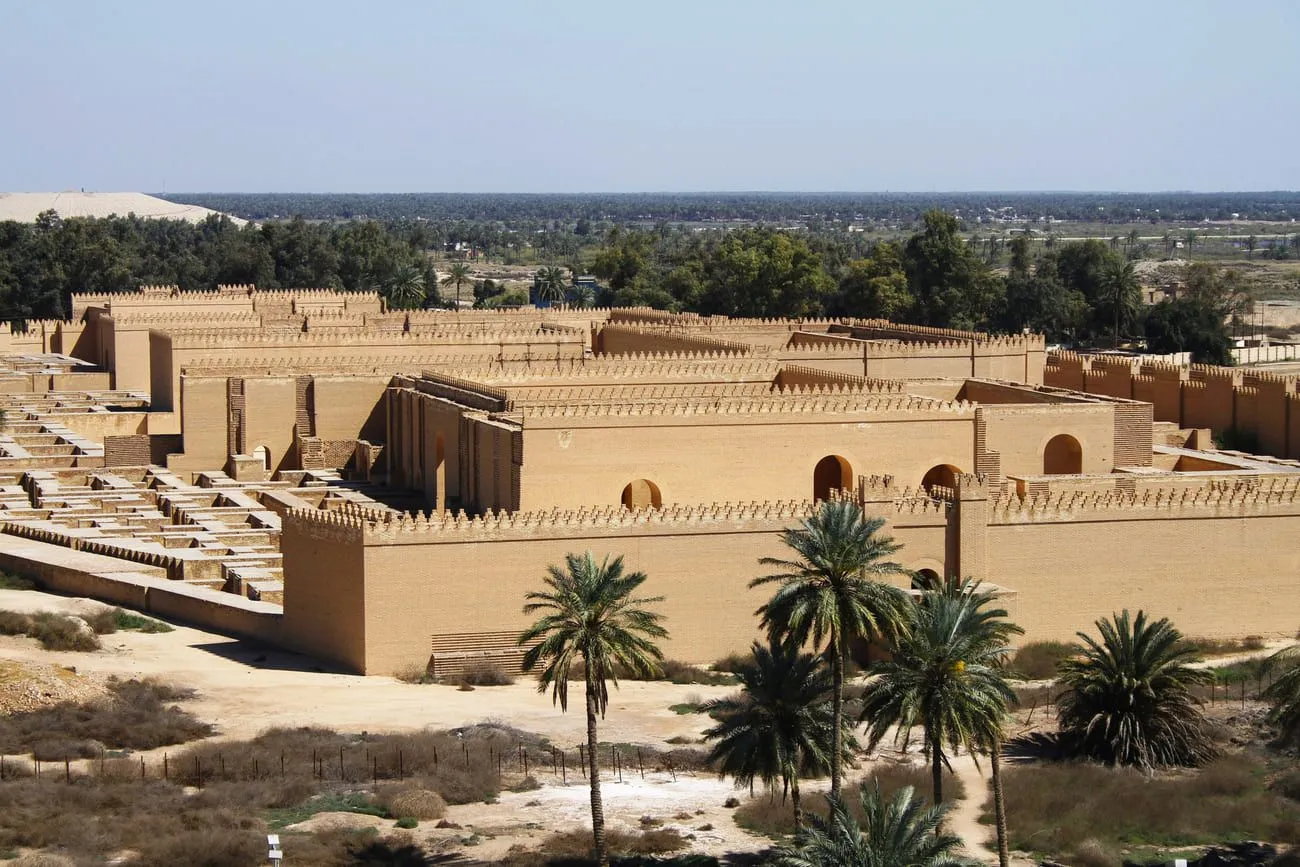
26. Divorce
Divorces in Iraq occur, but the process differs significantly from that in Europe or the USA. Notably, for men, obtaining a divorce is relatively straightforward and doesn't require a substantial reason. However, women need a compelling reason, which is often difficult to establish. The primary grounds upon which a court might grant a divorce to a woman include if her husband is imprisoned for 3 or more years, if he has been absent from home for over two years, or if he is impotent – the latter needing proper verification. Furthermore, a divorced woman can face serious consequences, including the loss of property rights and often custody of children.
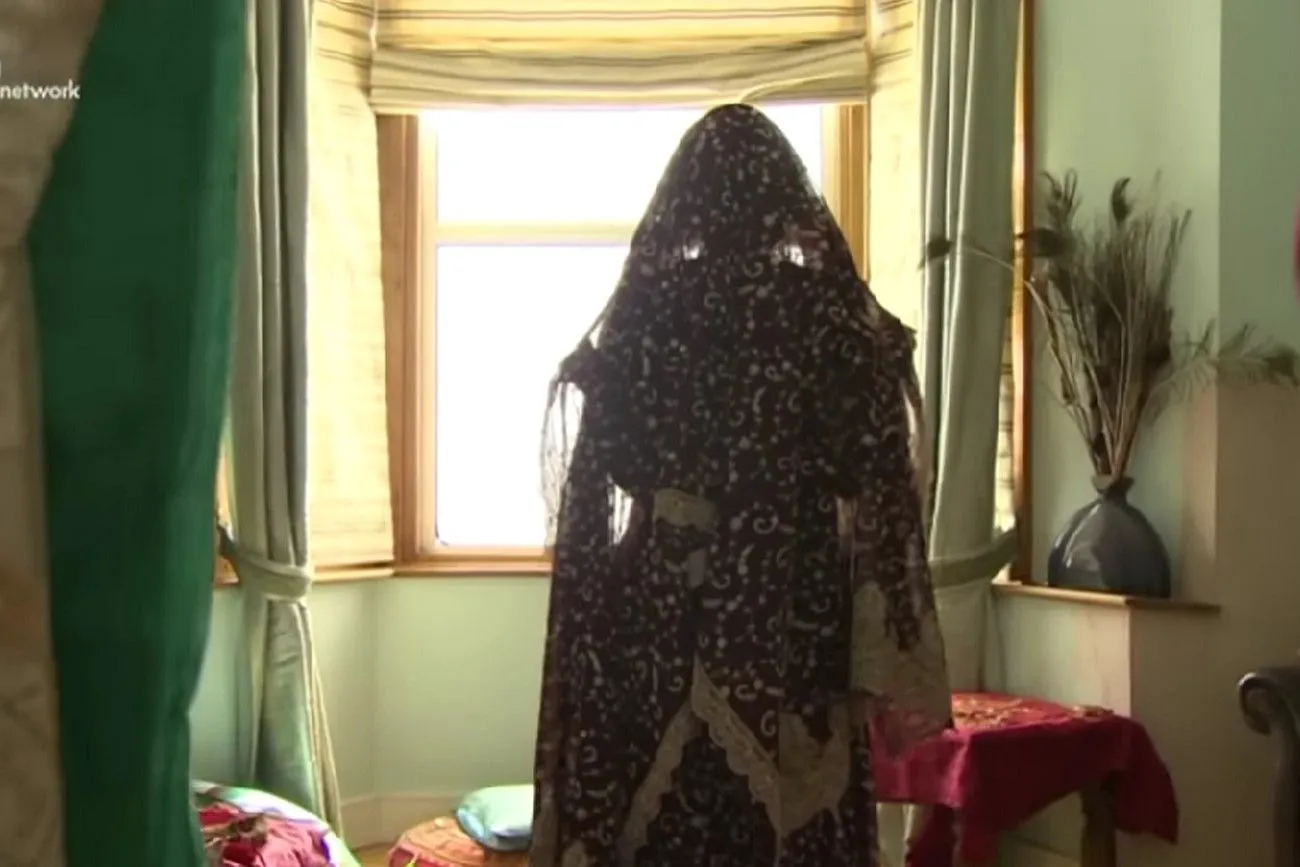 @Halala: The Men Who Sell Divorce - BBC News/BBC News/YouTube.com
@Halala: The Men Who Sell Divorce - BBC News/BBC News/YouTube.com
27. Persian woven rugs with a mistake
Iraqi homes frequently showcase elaborately crafted rugs, contributing both coziness and cultural depth to their interiors. These textiles occasionally carry a legacy spanning generations. Iraqi weave them by hand but deliberately introduce mistakes during the process. This is attributed to their profound religious convictions. By doing so, they convey that only Allah is perfect and infallible, while humans are inherently imperfect.
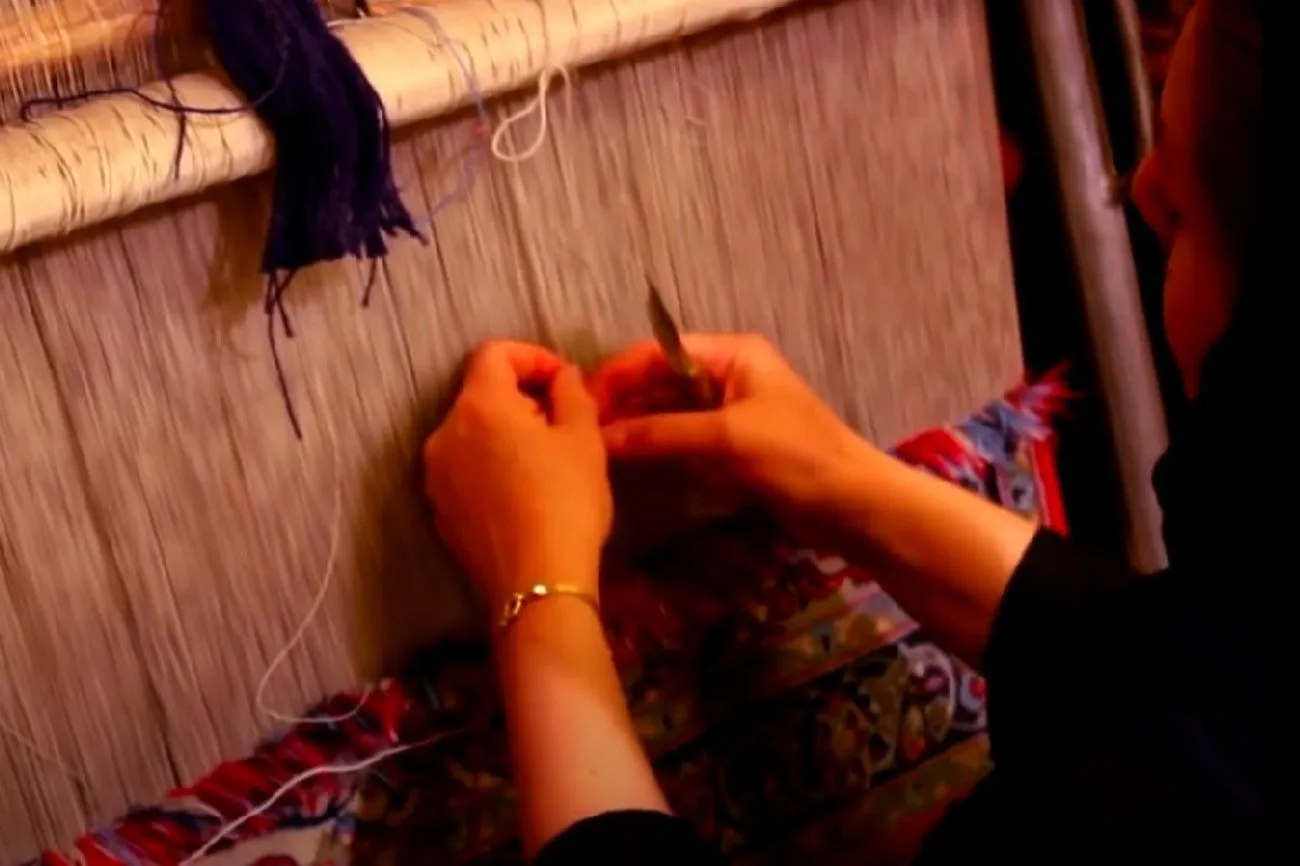 @10 + Surprising Facts About Iran/FTD Facts/YouTube.com
@10 + Surprising Facts About Iran/FTD Facts/YouTube.com
28. Plastic surgery clinics
In recent years, Iraq has seen a surge in the establishment of plastic surgery clinics, which have gained significant popularity. What sets these clinics apart is the fact that they aren't obligated to adhere to stringent European standards, and more remarkably, they don't even require a license to operate.
Additionally, these clinics offer a range of services at affordable prices. For instance, the cost of hair transplantation, including transportation and accommodation, ranges from $800 to $1200. However, the quality of services provided is not always of a consistently high standard. Despite this, plastic surgery has garnered considerable popularity, highlighting the complex interplay between demand, affordability, and healthcare standards in the context of a developing medical industry.
 @Edelstein Cosmetic - Plastic Surgery Clinic/Edelstein Cosmetic/YouTube.com
@Edelstein Cosmetic - Plastic Surgery Clinic/Edelstein Cosmetic/YouTube.com
29. Gold shop
Gold shops are highly popular in Kurdistan. These stores offer a wide range of jewelry from around the world, spanning from Italy to India. Primarily, it's men who frequent these shops, especially those who intend to marry – essentially, seeking the "right" woman. In other words, if a girl comes from a wealthy family, potential suitors are expected to bring gold when proposing. The wealthier the family, the more gold the man is expected to present. Generally, purchases range from 150 to 500 grams of gold. The cost of 500 grams amounts to $26,000. This tradition reflects the intersection of cultural norms, marriage customs, and the symbolic significance of gold in Kurdish society.
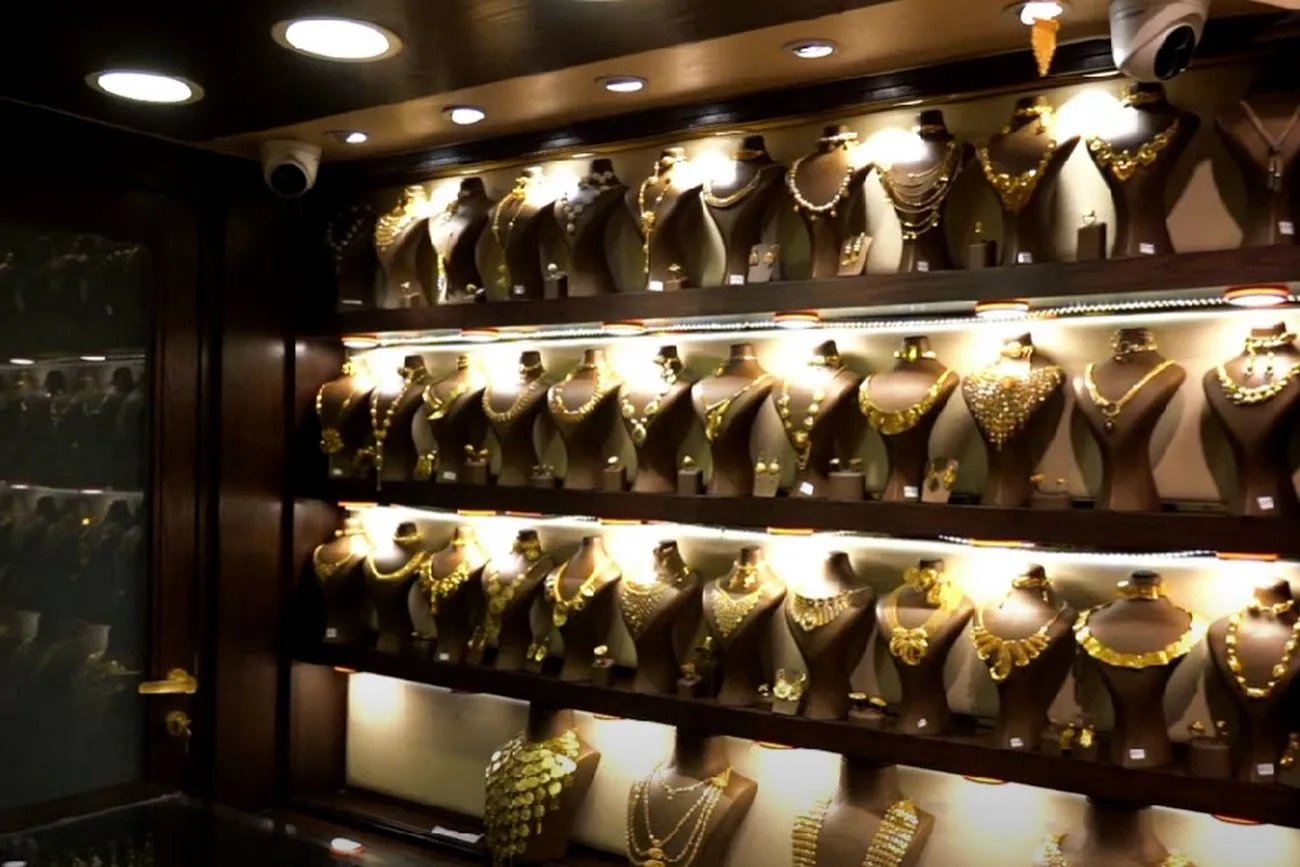 @WALKING STREETS OF IRAQ (This is Crazy) Smoking Shisha & Meeting Locals/Indigo Traveller/YouTube.com
@WALKING STREETS OF IRAQ (This is Crazy) Smoking Shisha & Meeting Locals/Indigo Traveller/YouTube.com
30. Traditional clothes are really wearing like standout clothes
In Iraq, traditional clothing holds a distinct and prominent place in the realm of attire. Iraqi wear it with pride, referring to it as an emblematic brand and a symbol of the country. Traditional garments are not just worn; they are donned as a statement piece, standing out with their unique designs, colors, and intricate detailing. These traditional clothes reflect not only the rich cultural heritage of Iraq but also convey the wearer's identity, regional affiliation, and even social status. The intricate embroidery, vibrant patterns, and choice of fabrics make traditional clothing a visual representation of the wearer's connection to their heritage and community. The significance of traditional clothing goes beyond just fashion; it's a way for Iraqis to honor their history, express their individuality, and carry the essence of their culture with them into the modern world.
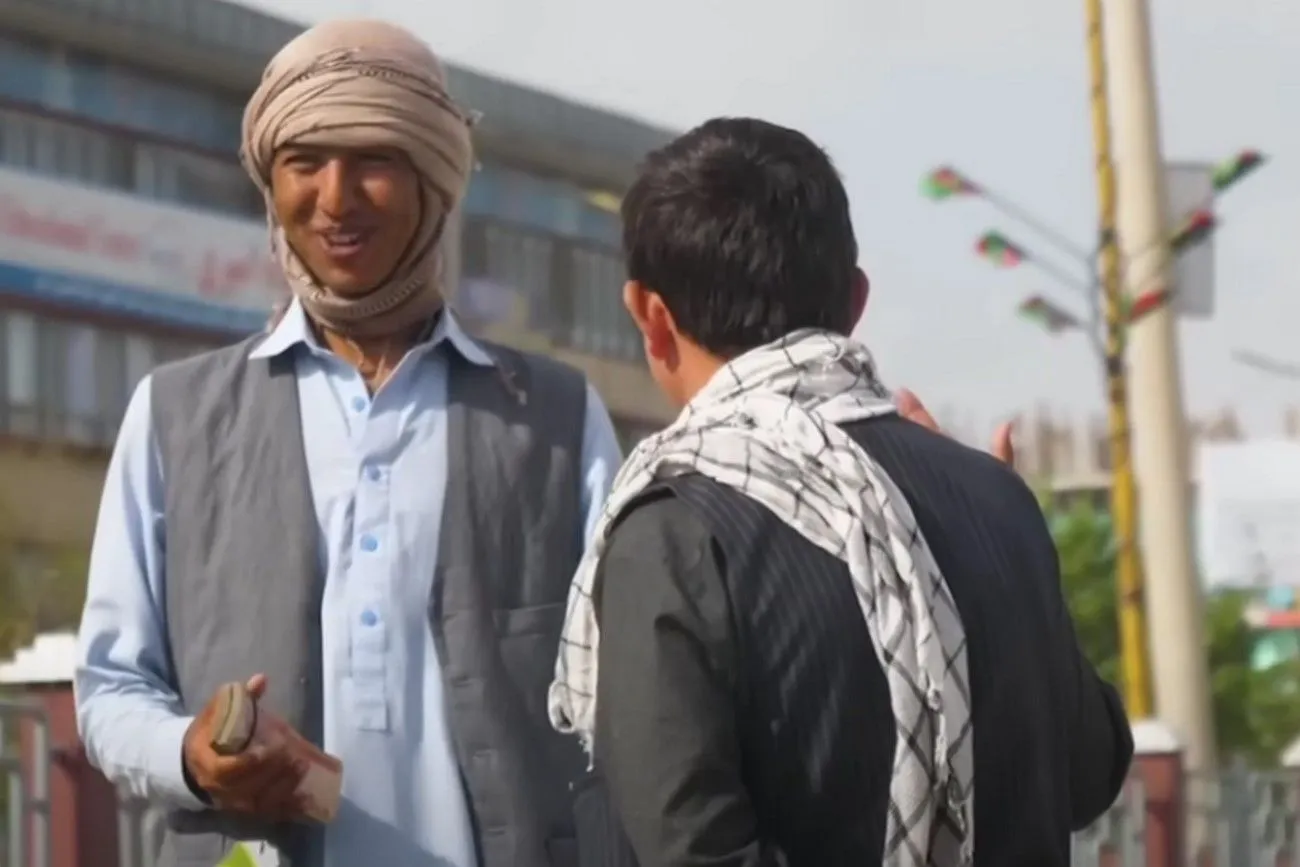 @My First 24 Hours in BAGHDAD, IRAQ 🇮🇶/Drew Binsky/YouTube.com
@My First 24 Hours in BAGHDAD, IRAQ 🇮🇶/Drew Binsky/YouTube.com
31. Luxury license plates
In Iraq, there are a lot of luxury cars. You can see various brands here, from Mercedes to Bugatti. However, besides that, Iraqis have an interesting tradition invented to showcase the owner's car. Iraqis purchase license plates with a minimal number of characters. These cost between $10 and $30 here. It's a kind of show intended to demonstrate that you have money and can afford any extravagance.
 @WALKING STREETS OF IRAQ (This is Crazy) Smoking Shisha & Meeting Locals/Indigo Traveller/YouTube.com
@WALKING STREETS OF IRAQ (This is Crazy) Smoking Shisha & Meeting Locals/Indigo Traveller/YouTube.com
32. Street utensils
On the streets of Iraq, if you want to have a meal, you have several options. You can go to a restaurant where there's a variety of dishes available, including national cuisine. Alternatively, you can step outside and take the necessary utensils to prepare your own food. In many regions of the country, you can find small stalls with reusable utensils that you can take for a certain period of time at no cost, then wash and return them. This service is relevant for both tourists and locals.
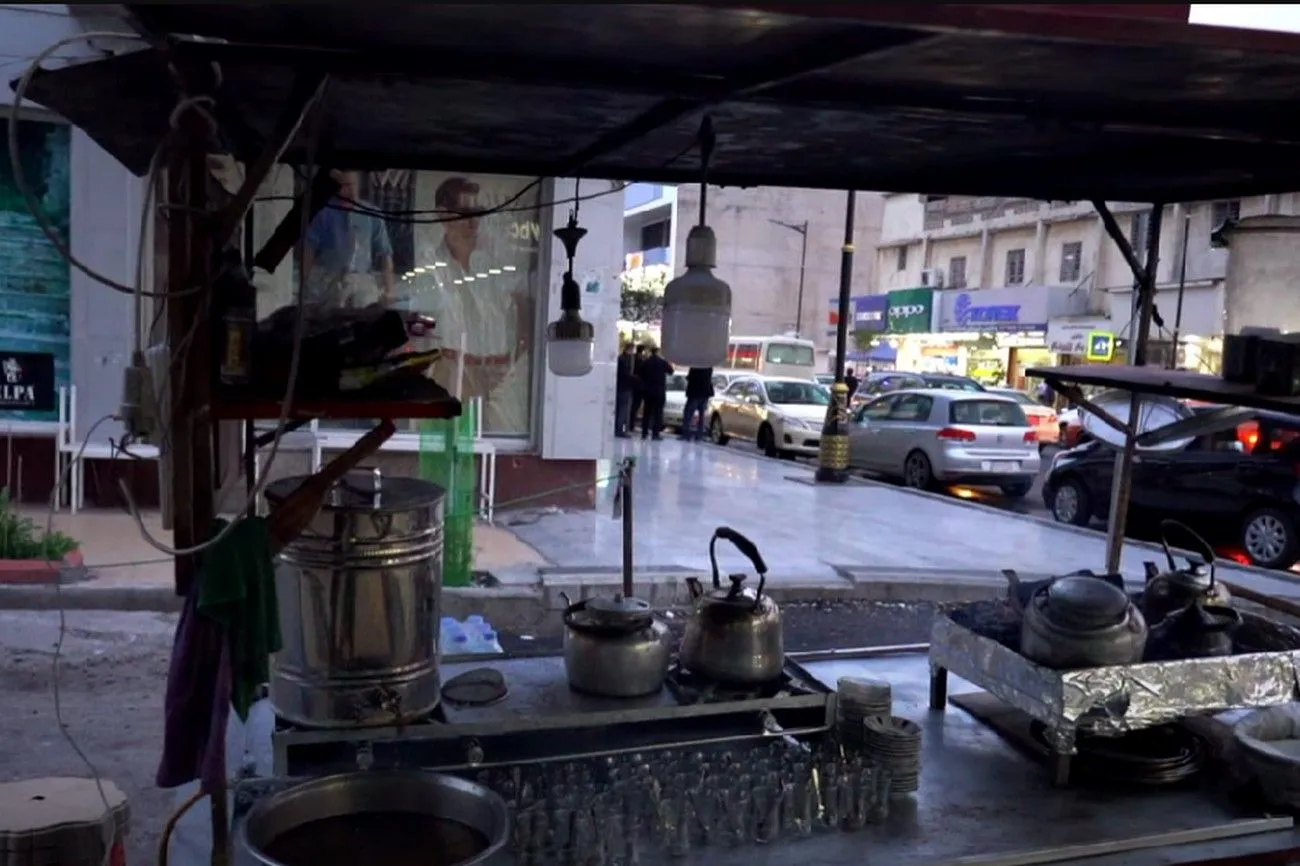 @WALKING STREETS OF IRAQ (This is Crazy) Smoking Shisha & Meeting Locals/Indigo Traveller/YouTube.com
@WALKING STREETS OF IRAQ (This is Crazy) Smoking Shisha & Meeting Locals/Indigo Traveller/YouTube.com
33. Delicious street food
In Iraq, vegetable stew is very popular and can be enjoyed right on the street. These stews are prepared by men known as "Street cookers." Cooking the stew is a special ritual, and each cook has their own unique recipe. To make the dish delicious, it's cooked on a special street-side grill, which gives it a distinctive flavor. Additionally, on the streets, you can also try barbecue prepared by these street cookers, which is beloved by both locals and tourists.
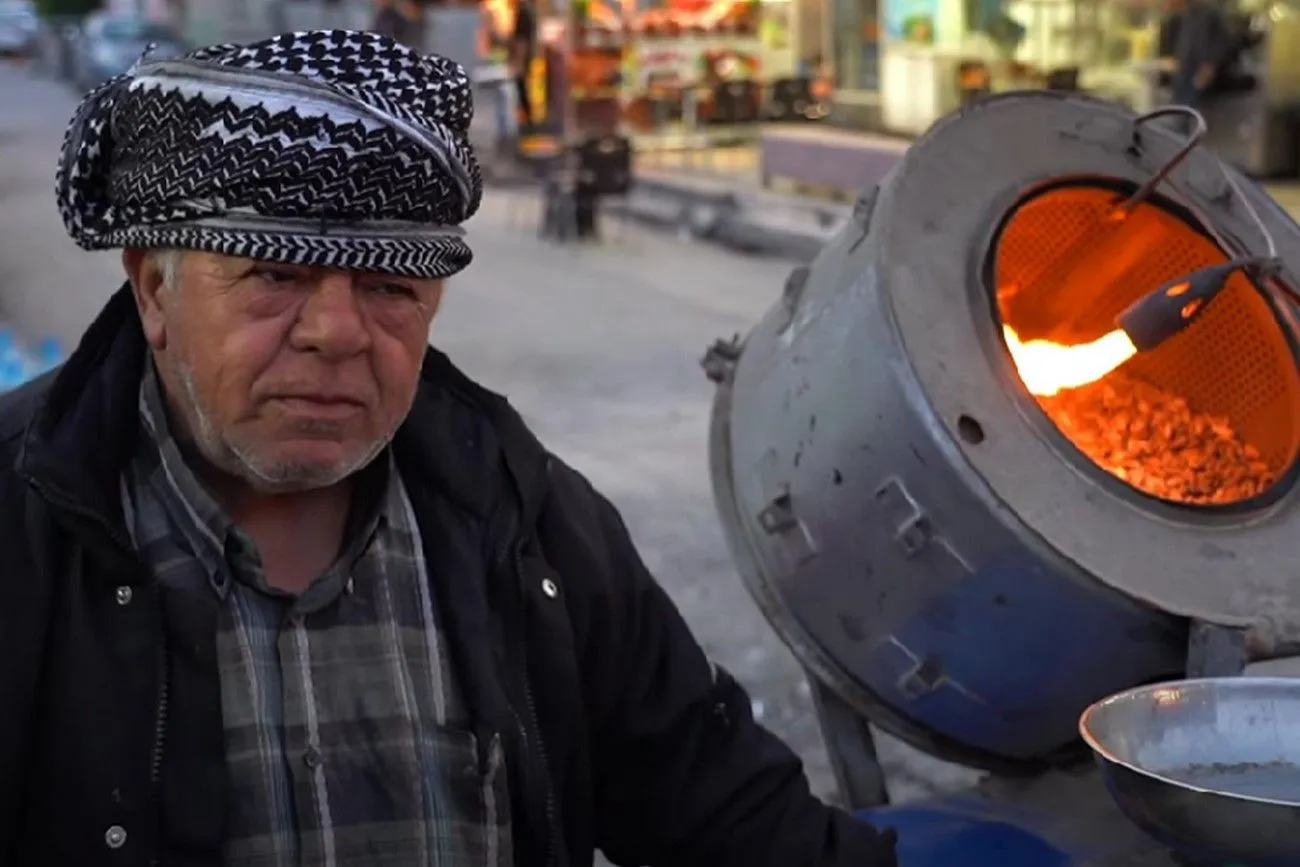 @WALKING STREETS OF IRAQ (This is Crazy) Smoking Shisha & Meeting Locals/Indigo Traveller/YouTube.com
@WALKING STREETS OF IRAQ (This is Crazy) Smoking Shisha & Meeting Locals/Indigo Traveller/YouTube.com
34. Local guys
Local guys often visit bars and cafes where they can smoke hookah and chat. But the most interesting thing is that they are very friendly and happy to meet foreign tourists, who, although not very numerous, do come by occasionally. Locals gladly take photos and even participate in videos for YouTube channels.
They themselves are interested in social media and enjoy sharing about their daily life. This interaction between locals and tourists creates a unique cultural exchange. It's not uncommon to see them engaging in conversations about different countries, traditions, and experiences. The local guys are curious to learn about the world beyond their borders, and they find joy in forging connections with people from diverse backgrounds.
 @WALKING STREETS OF IRAQ (This is Crazy) Smoking Shisha & Meeting Locals/Indigo Traveller/YouTube.com
@WALKING STREETS OF IRAQ (This is Crazy) Smoking Shisha & Meeting Locals/Indigo Traveller/YouTube.com
35. Free tea
On the streets, you'll also find stalls where tea is offered, often free of charge. The beverage is served in small, intricately designed cups, which is a distinctive feature and tradition of tea consumption in Iraq. Both locals and tourists are offered tea as a gesture of hospitality. Although no one forbids it, if you decide to leave a tip, it's entirely up to you. Declining a cup of hot beverage is considered impolite and disrespectful. Refusing to partake in a tea session with your host is also seen as a sign of disrespect. These are the strict Eastern traditions that underline the importance of shared moments and mutual respect.
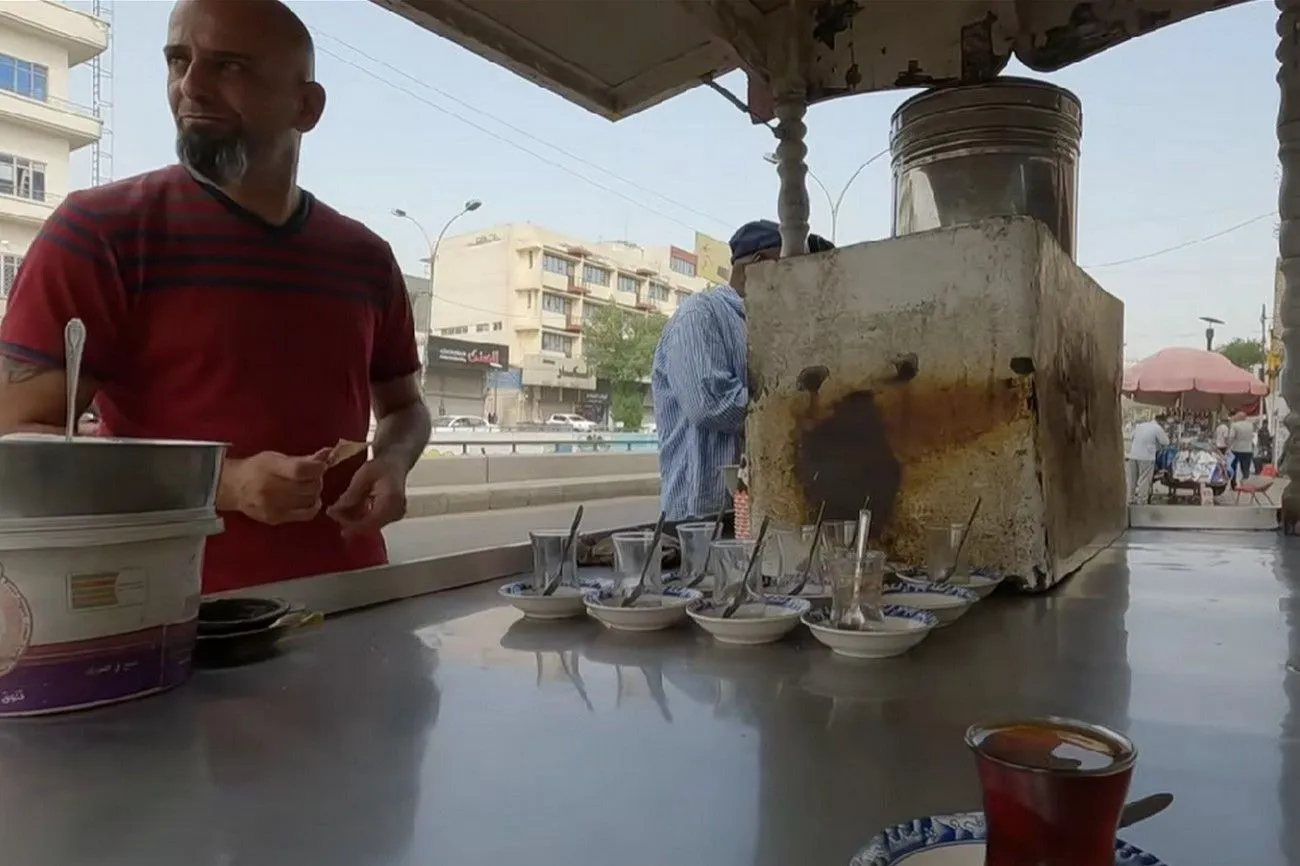 @I Visit #IRAQ Again - WHY You Should Visit!/Girls on the Loose/YouTube.com
@I Visit #IRAQ Again - WHY You Should Visit!/Girls on the Loose/YouTube.com
36. A lot of photos
Another very ancient tradition that still persists in the country is the owners of cafes adorning their establishments with a plethora of photographs. The walls are literally adorned with various images of people, inviting closer inspection. You will always find photographs of all Iraqi leaders, well-respected figures, and sometimes even ancestral photos of the Tea shop or café owner. Such a tradition is deeply rooted and revered among Iraqis. Furthermore, it's worth noting that they hold a deep love for their country and a strong respect for their history.
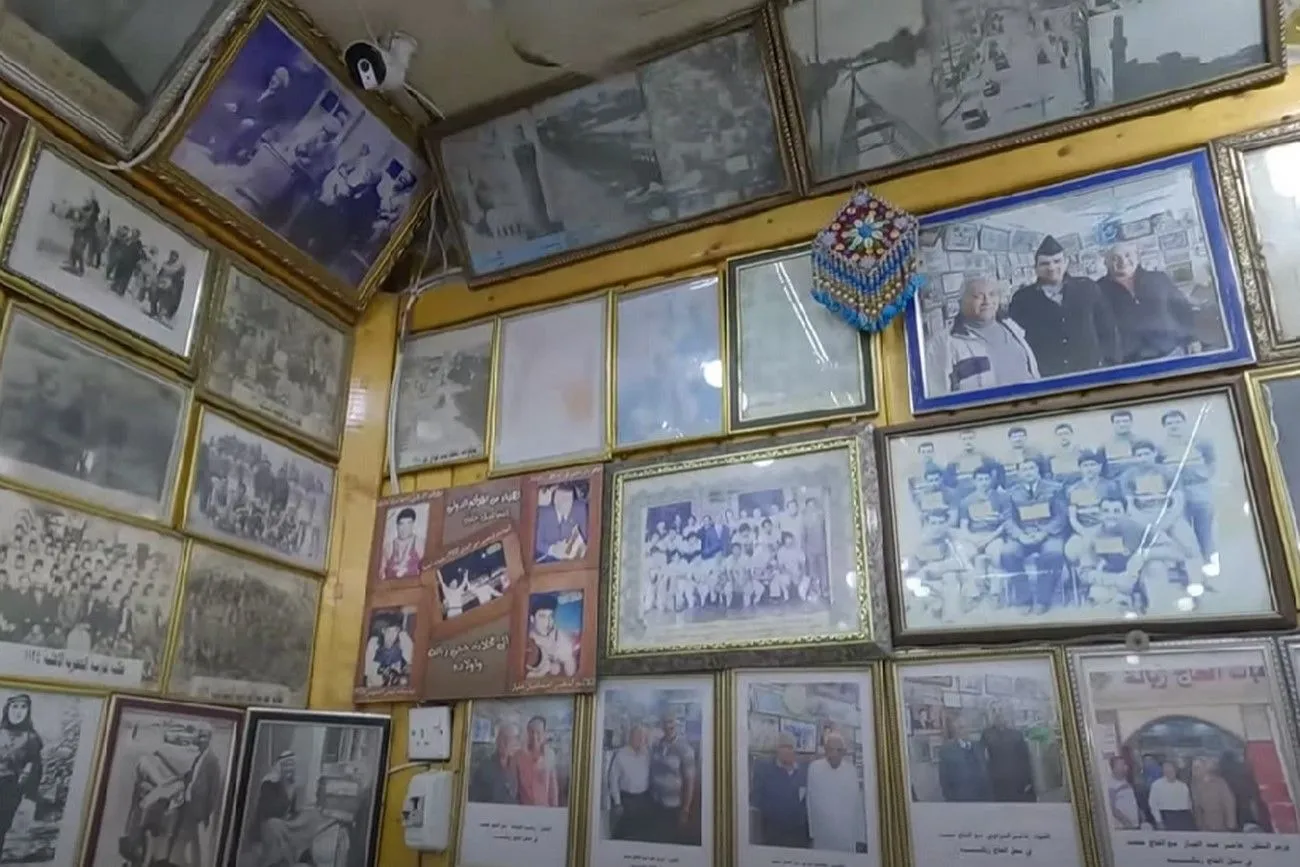 @I Visit #IRAQ Again - WHY You Should Visit!/Girls on the Loose/YouTube.com
@I Visit #IRAQ Again - WHY You Should Visit!/Girls on the Loose/YouTube.com
37. Book sale
Book sales in the streets of Iraq offer a unique and captivating glimpse into the country's literary culture. In bustling markets and vibrant thoroughfares, makeshift stalls and vendors present an array of books, creating an inviting atmosphere for both avid readers and passersby. This street-side book bazaar is a testament to the enduring appreciation for knowledge and storytelling that thrives in Iraqi society. Books of various genres and languages find their place on these impromptu bookshelves. From classic literature to contemporary works, historical accounts to philosophical treatises, the eclectic collection mirrors the diverse interests of the Iraqi population.
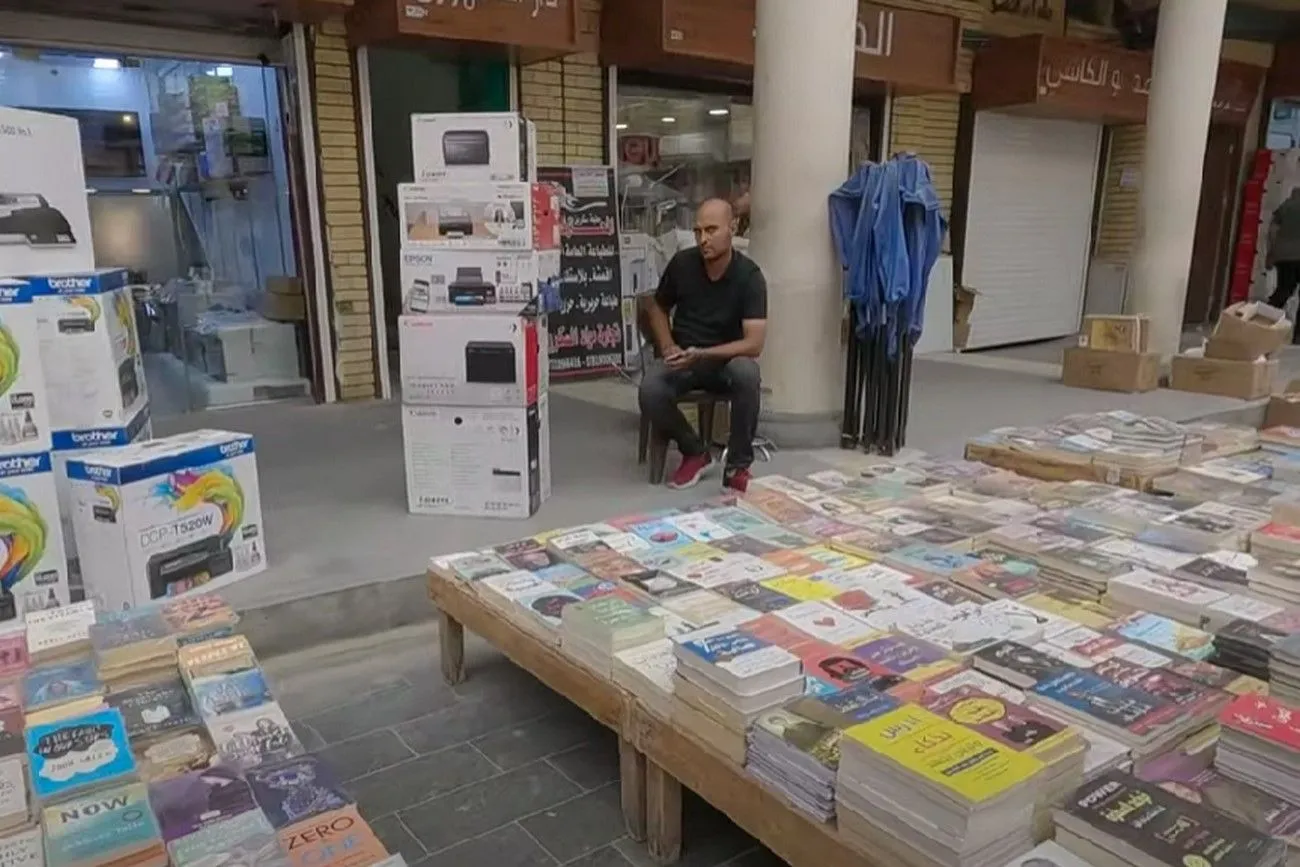 @I Visit #IRAQ Again - WHY You Should Visit!/Girls on the Loose/YouTube.com
@I Visit #IRAQ Again - WHY You Should Visit!/Girls on the Loose/YouTube.com
38. Hotels
In the larger cities, you can find hotels, with the majority of them located in the country's capital, Baghdad. However, setting expectations for luxurious hotels is advised. According to tourists, hotels here are often untidy and uncomfortable. What's pleasing, though, is their affordability. Specifically, the cheapest hotels range from $40 to $50, mid-range options are around $70 to $80, while the most decent accommodations will cost you between $200 and $300 per night. Mostly situated in the suburbs, these hotels may require some additional travel to reach, especially if you lack personal transportation.
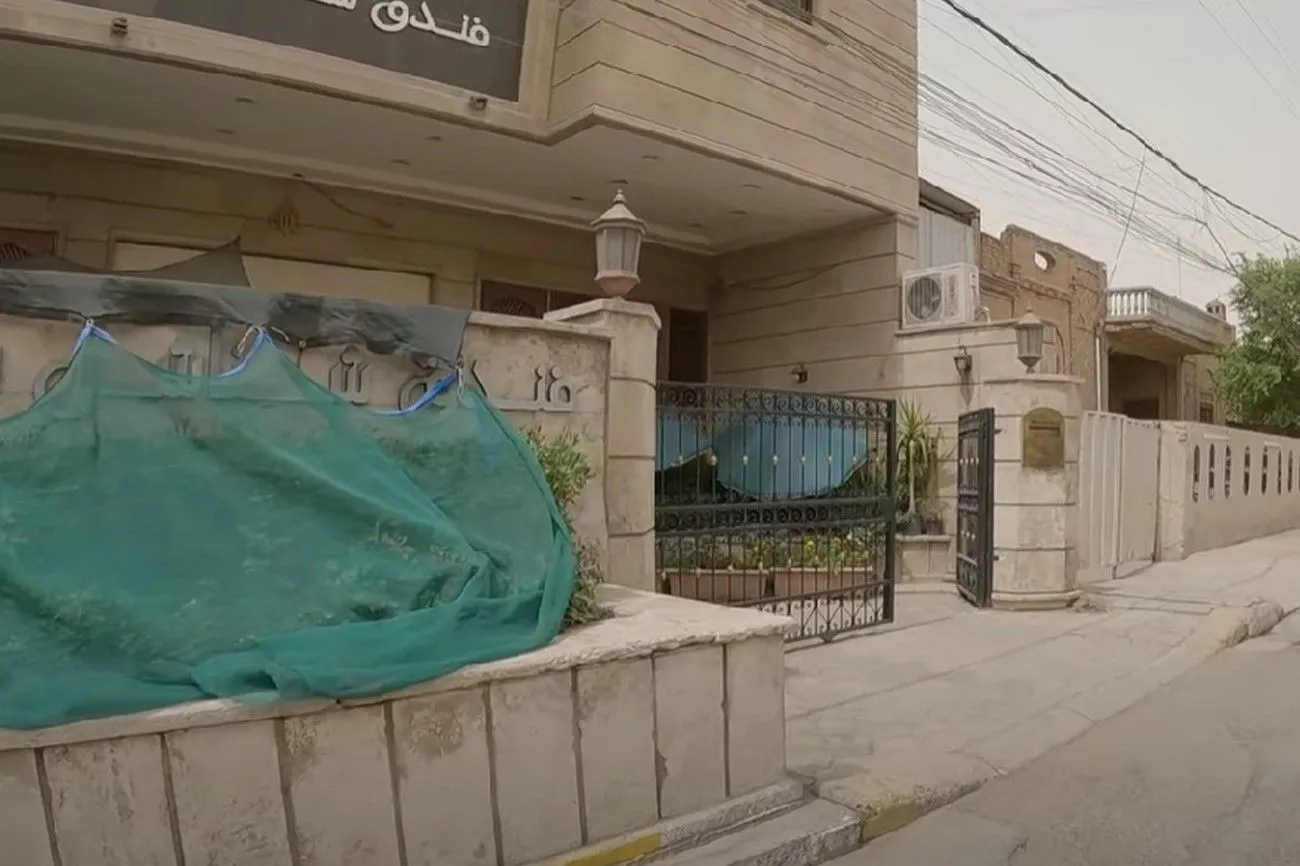 @I Visit #IRAQ Again - WHY You Should Visit!/Girls on the Loose/YouTube.com
@I Visit #IRAQ Again - WHY You Should Visit!/Girls on the Loose/YouTube.com
39. Chai (Tea) Culture
In Iraq, tea goes beyond being a simple drink; it stands as a fundamental pillar of social engagement. Extending and receiving tea signifies friendship and tea houses serve as favored venues for gatherings, where individuals convene to deliberate on politics, exchange anecdotes, and foster connections. While cafes occasionally host women, the majority of their patrons are men, making up about 90% of the clientele.
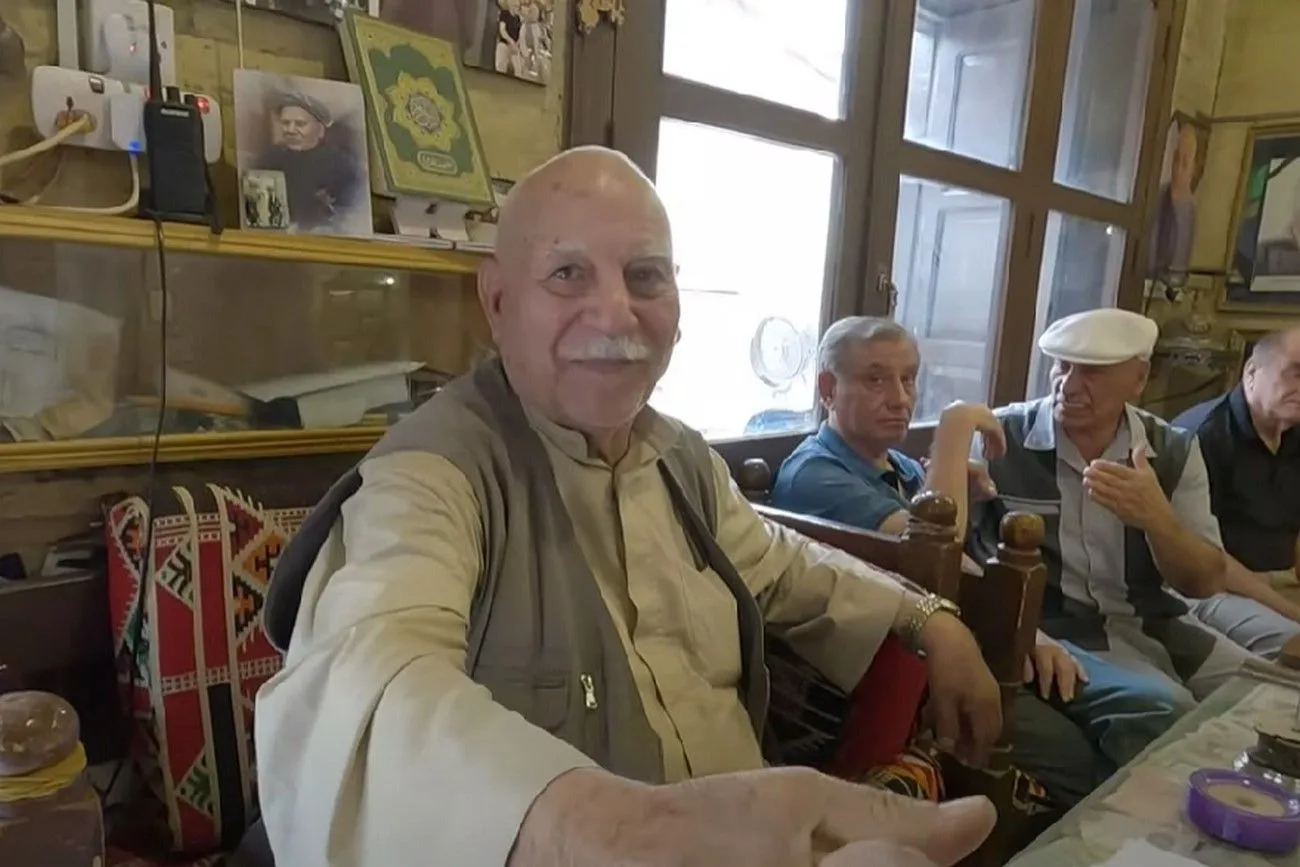 @I Visit #IRAQ Again - WHY You Should Visit!/Girls on the Loose/YouTube.com
@I Visit #IRAQ Again - WHY You Should Visit!/Girls on the Loose/YouTube.com
40. Taxi drivers
Special attention should be given to taxi drivers. They are not very numerous in the country, with the majority located in Baghdad and Kurdistan. Nevertheless, placing trust in them might not be the most advisable course of action. "Why?" you might ask. The reason is quite simple: taxi drivers often lack familiarity with the local geography, and they typically do not have navigation devices. Therefore, it's advisable to equip yourself with tools like Google Maps and guide the way to your destination. If you simply hand over a map to the taxi driver, hoping they'll take you there without guidance, be prepared for the possibility that they might take you in the opposite direction. This is the reality faced by local taxi drivers.
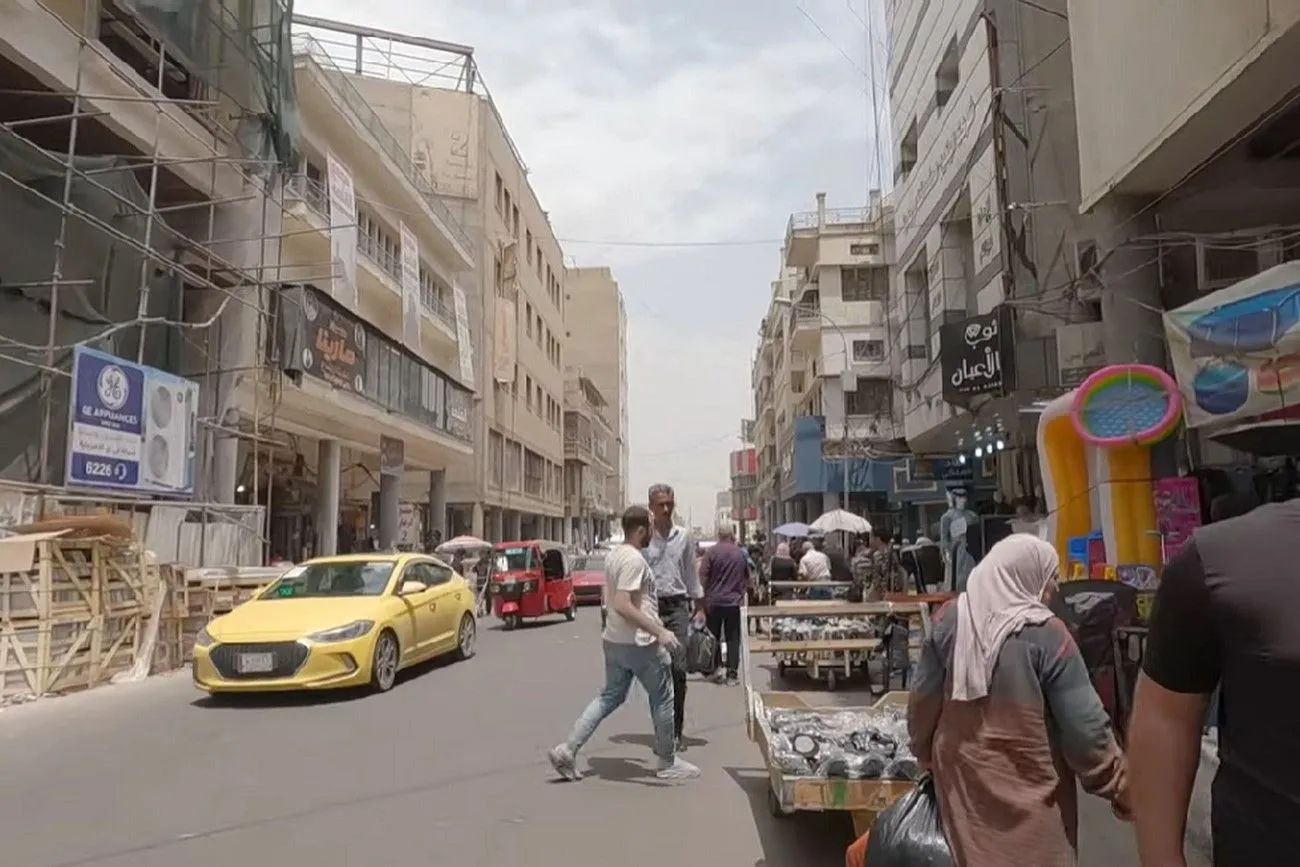 @I Visit #IRAQ Again - WHY You Should Visit!/Girls on the Loose/YouTube.com
@I Visit #IRAQ Again - WHY You Should Visit!/Girls on the Loose/YouTube.com
41. Noisy streets
The streets of Iraqi cities are always bustling with noise: street vendors, cars, and more. If you need to reach the suburbs, there are mini-buses that operate. However, they tend to be quite old and, due to the heat, often travel without doors to provide some ventilation inside. Furthermore, it's worth noting that in certain regions of Iraq, especially during the hottest months, shops and markets might close during the daytime to avoid the heat and reopen later in the evening. This practice adapted to the climate, can differ from the typical shopping hours in other countries.
 @I Visit #IRAQ Again - WHY You Should Visit!/Girls on the Loose/YouTube.com
@I Visit #IRAQ Again - WHY You Should Visit!/Girls on the Loose/YouTube.com
42. Child's upbringing
In Muslim families, every member of the extensive family has the right to offer advice to the mother regarding child-rearing. In Iraq, parents do not equally share child-rearing responsibilities. The mother is typically solely responsible for nurturing and upbringing, regardless of the child's age, while the father focuses on work. This means that tasks like changing diapers and tending to the child from morning to night are generally not within the father's purview. Occasionally, the father engages in activities like playing, reading, and praying with his child. However, taking on a significant role in the child's upbringing as a father usually begins around the age of 3. Traditionally, the father is held in higher respect and a bit of awe. Physical punishment is not common for children. Instead, a sense of reverence and a bit of fear of the father's authority is instilled, so that the child understands boundaries.
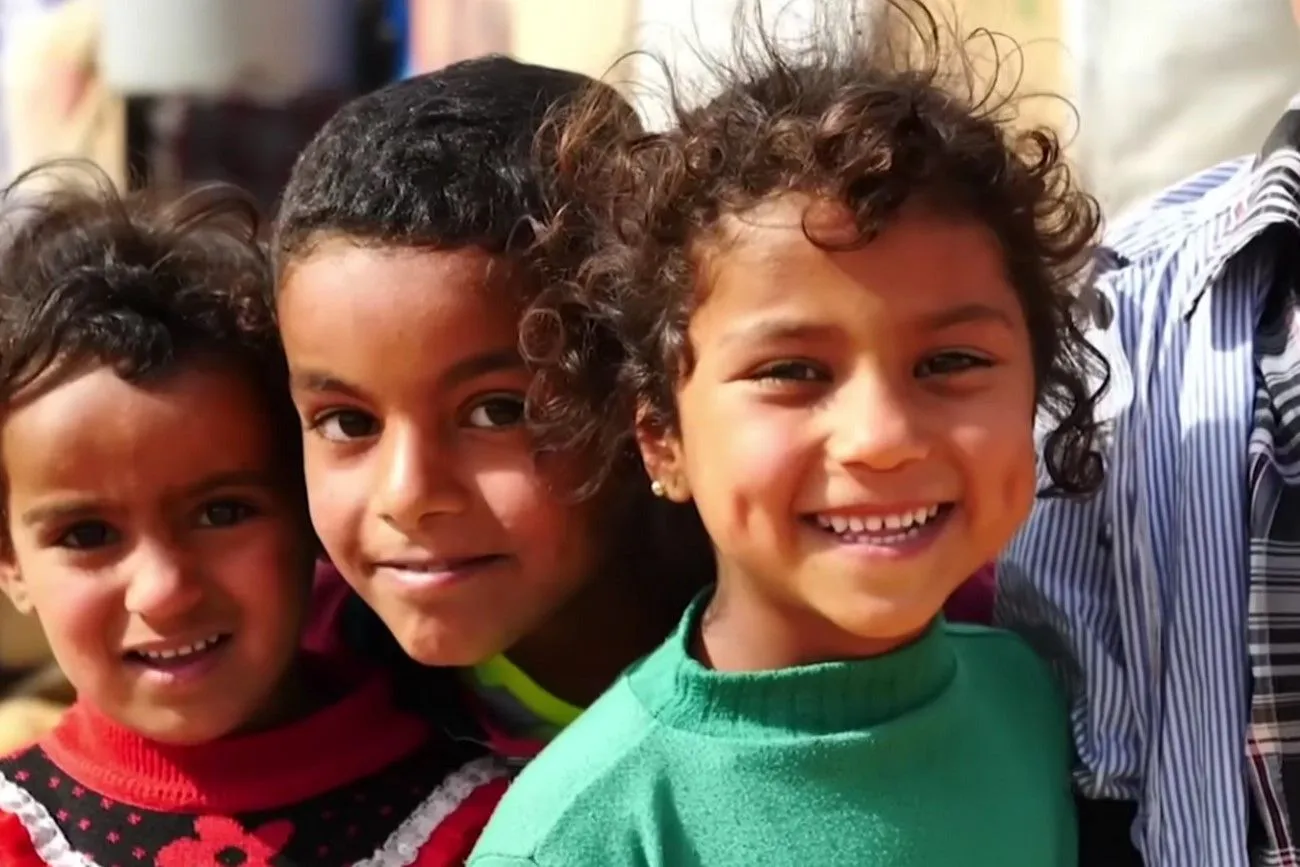 @My First 24 Hours in BAGHDAD, IRAQ 🇮🇶/Drew Binsky/YouTube.com
@My First 24 Hours in BAGHDAD, IRAQ 🇮🇶/Drew Binsky/YouTube.com
43. Banned words
In Iraq, the use of the words "homosexuality" and "gender" has been prohibited by the Iraqi Communication and Media Commission. The regulator demands that the term "homosexuality" be replaced with the phrase "sexual deviation." The decision of the regulator is still pending final approval. According to their statements, no punishments have been established yet for violating the new rule, but it is likely that it will entail fines. In Iraq, there is no direct prohibition on same-sex relations. However, as experts point out, vaguely formulated articles in the criminal code that pertain to the violation of moral norms are sometimes used for the persecution of members of the LGBT community.
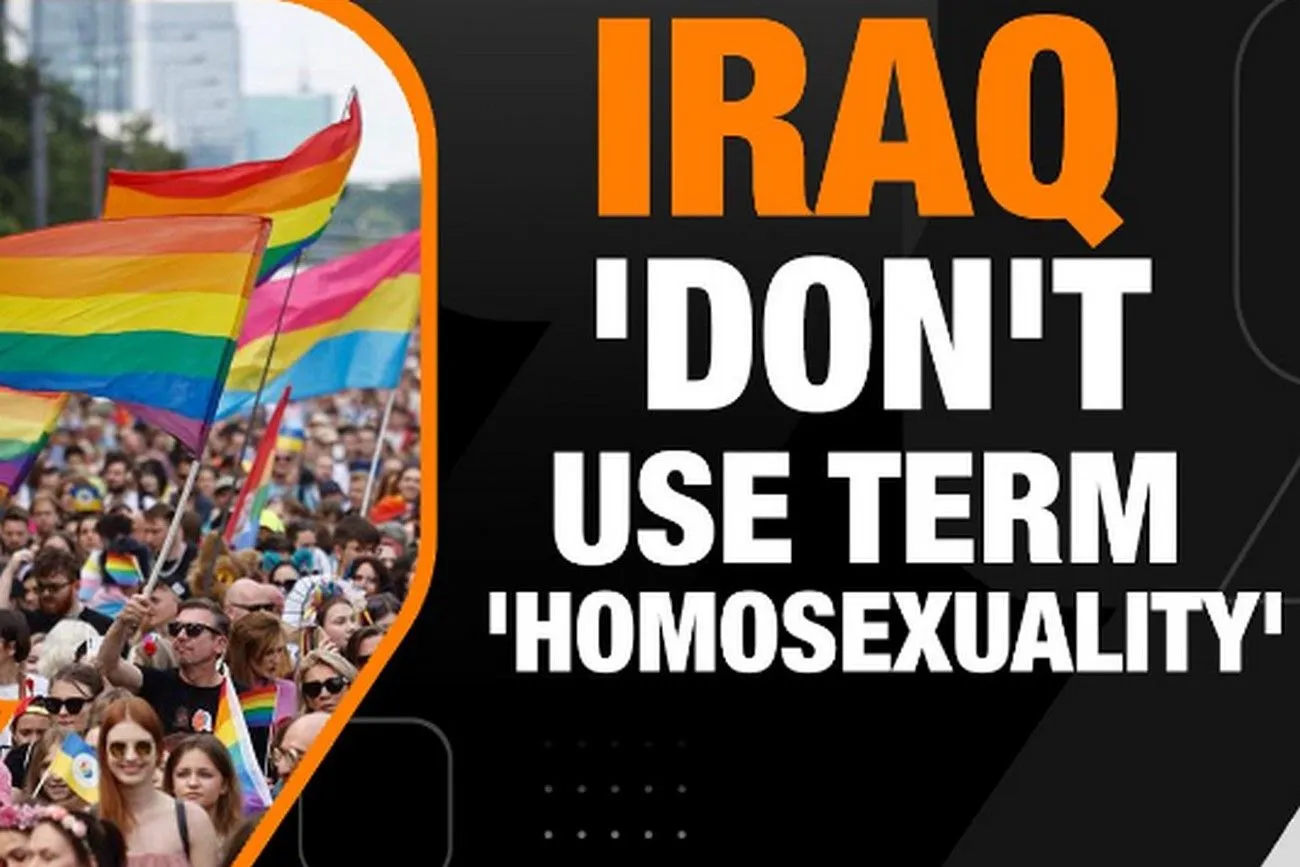 @Iraq Bans Media From Using Term 'Homosexuality' | News9/NEWS9 Live/YouTube.com
@Iraq Bans Media From Using Term 'Homosexuality' | News9/NEWS9 Live/YouTube.com
44. Wedding traditions
In Iraq, there are numerous fascinating wedding traditions that have persisted to this day. We will share with you the three most popular ones.
Haq al-Layl (Night Rights): This captivating custom entails the groom spending the night before his wedding with his prospective mother-in-law. It serves as a symbolic gesture of respect and seeks to secure the family's blessing.
Gilan Gawa: This distinctive practice entails the groom carrying the bride on his back while circling a fire seven times. The fire holds the belief of purifying the couple's intentions and safeguarding them against malevolent spirits.
Henna Night: Much like numerous other cultures, henna holds a substantial place in Iraqi weddings. Prior to the wedding, the bride's hands and feet are embellished with intricate henna designs, symbolizing joy, beauty, and protection from malevolent forces.
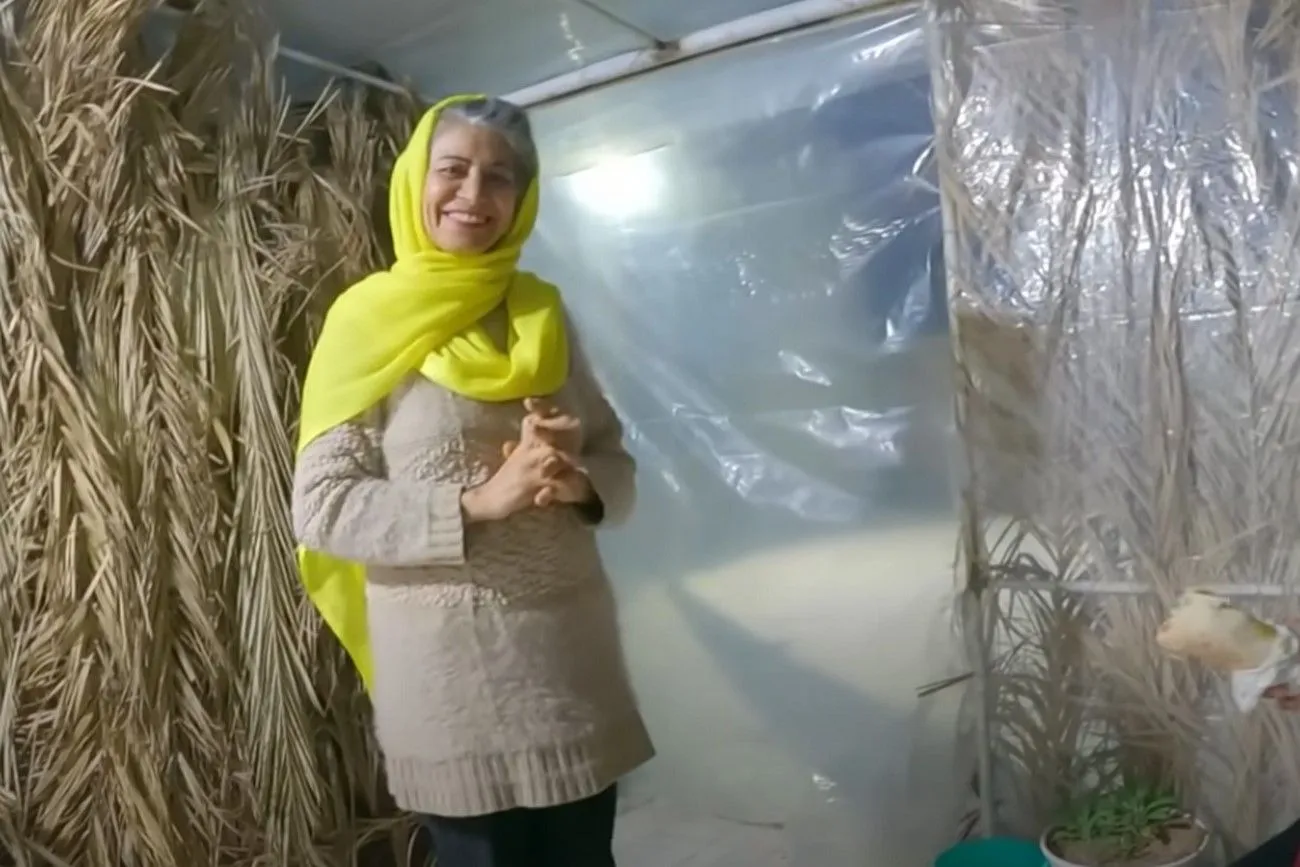 @THEY INVITED ME TO A CRAZY IRANI NIGHT PARTY/Nomadic Tour/YouTube.com
@THEY INVITED ME TO A CRAZY IRANI NIGHT PARTY/Nomadic Tour/YouTube.com
45. Importance of Family and Community
The importance of family and community in Iraqi culture can lead to tightly-knit neighborhoods where individuals are acquainted with one another. This interconnectedness might appear unfamiliar to individuals coming from more individualistic societies. For Iraqis, family and family ties always come first and are valued above all. They are always welcoming to guests and friends, but they will still prioritize their own family when necessary.
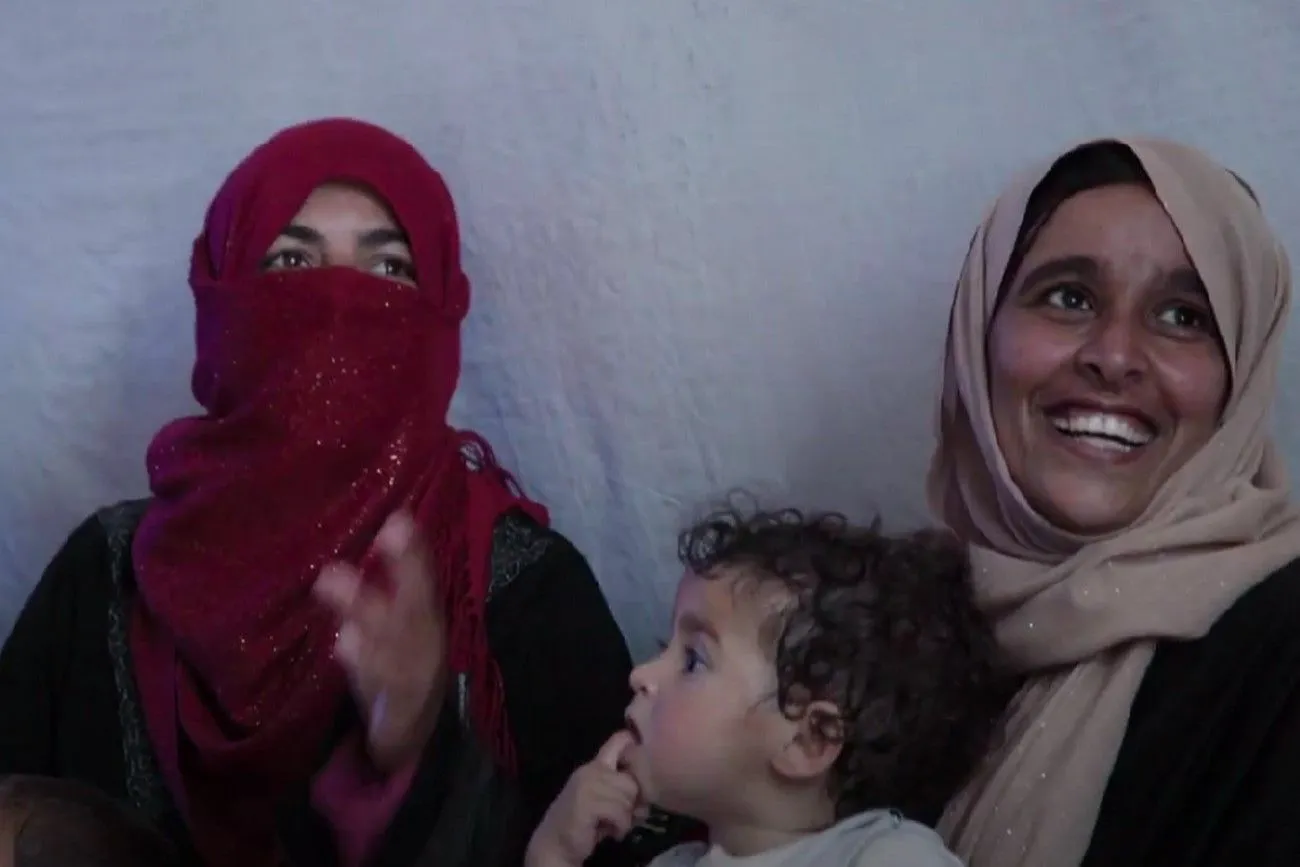 @Children Smile Again in Iraq/Samaritan's Purse/YouTube.com
@Children Smile Again in Iraq/Samaritan's Purse/YouTube.com
46. Feast of Sacrifice (Eid al-Adha)
The tradition of sacrifice is still preserved in Iraq. It occurs only once a year and during one of the major Muslim festivals - Feast of Sacrifice (Eid al-Adha). During this Islamic festival, an animal, typically a sheep or goat, is ritually sacrificed to commemorate Ibrahim's (Abraham's) willingness to sacrifice his son as an act of obedience to God's command. The meat is subsequently distributed among family, friends, and those who are less fortunate.
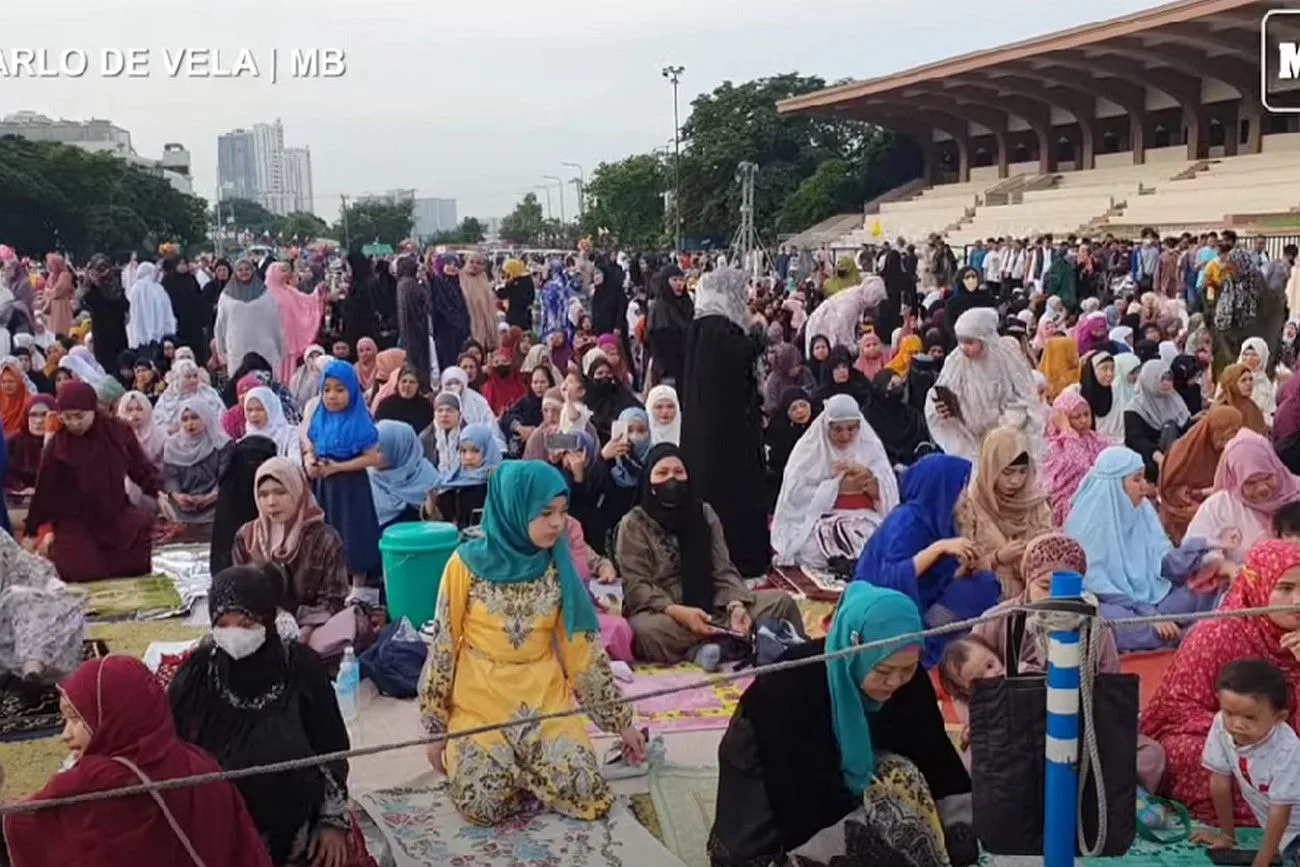 @Muslims celebrate Eid al-Adha in Qurirno Grandstand/Manila Bulletin Online/YouTube.com
@Muslims celebrate Eid al-Adha in Qurirno Grandstand/Manila Bulletin Online/YouTube.com
47. Majlis
Numerous Iraqi households include a dedicated area known as the "majlis," designed for guests to congregate and engage in social interactions. Typically adorned elaborately, this room boasts cozy seating, often comprising cushions and low tables. Guests are always invited specifically to this room, where they are treated to traditional tea and Eastern delicacies. Here, one can unwind and take a break from the routine, or engage in discussions about important family matters and find solutions to shared challenges.
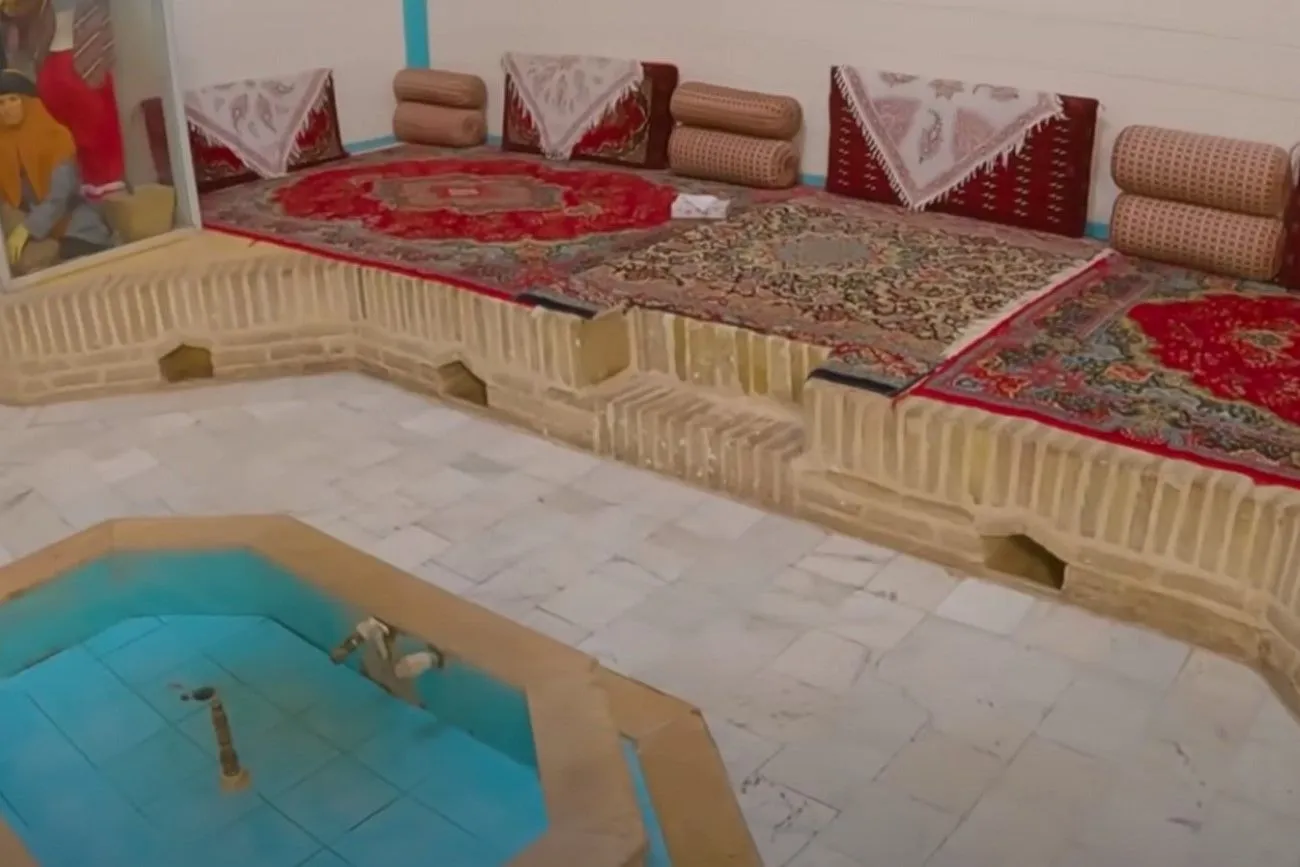 @THEY INVITED ME TO A CRAZY IRANI NIGHT PARTY/Nomadic Tour/YouTube.com
@THEY INVITED ME TO A CRAZY IRANI NIGHT PARTY/Nomadic Tour/YouTube.com
48. Martial arts movies and aggressive video games have been prohibited
In Iraq, the ban on martial arts movies and aggressive games stem from the government's concerns about promoting violence and negative behaviors. Authorities believe that such media can potentially contribute to the glorification of aggression, conflict, and harmful actions. As Iraq seeks to maintain social stability and discourage any influence that might lead to violence, the decision to restrict martial arts movies and aggressive games is seen as a preventive measure to safeguard the country's cultural values and societal harmony.
 @Top 10 Games Banned For Violence/WatchMojo.com/YouTube.com
@Top 10 Games Banned For Violence/WatchMojo.com/YouTube.com
49. Hacha dance
For millennia, dance has held a significant place within Iraqi culture. An Iraqi dance style known as "hacha" bears resemblance to belly dance, albeit with less emphasis on hip movements and greater focus on neck and arm gestures. This dance form, "hacha," carries a rich history, reflecting the cultural diversity and artistic expressions of Iraq. Its intricate movements are not only a form of entertainment but also a means of preserving traditions and passing down stories from one generation to the next. As part of social gatherings, celebrations, and even religious ceremonies, "hacha" and other dances have woven a colorful thread through Iraq's cultural fabric, connecting the past with the present in a harmonious rhythmic dance.
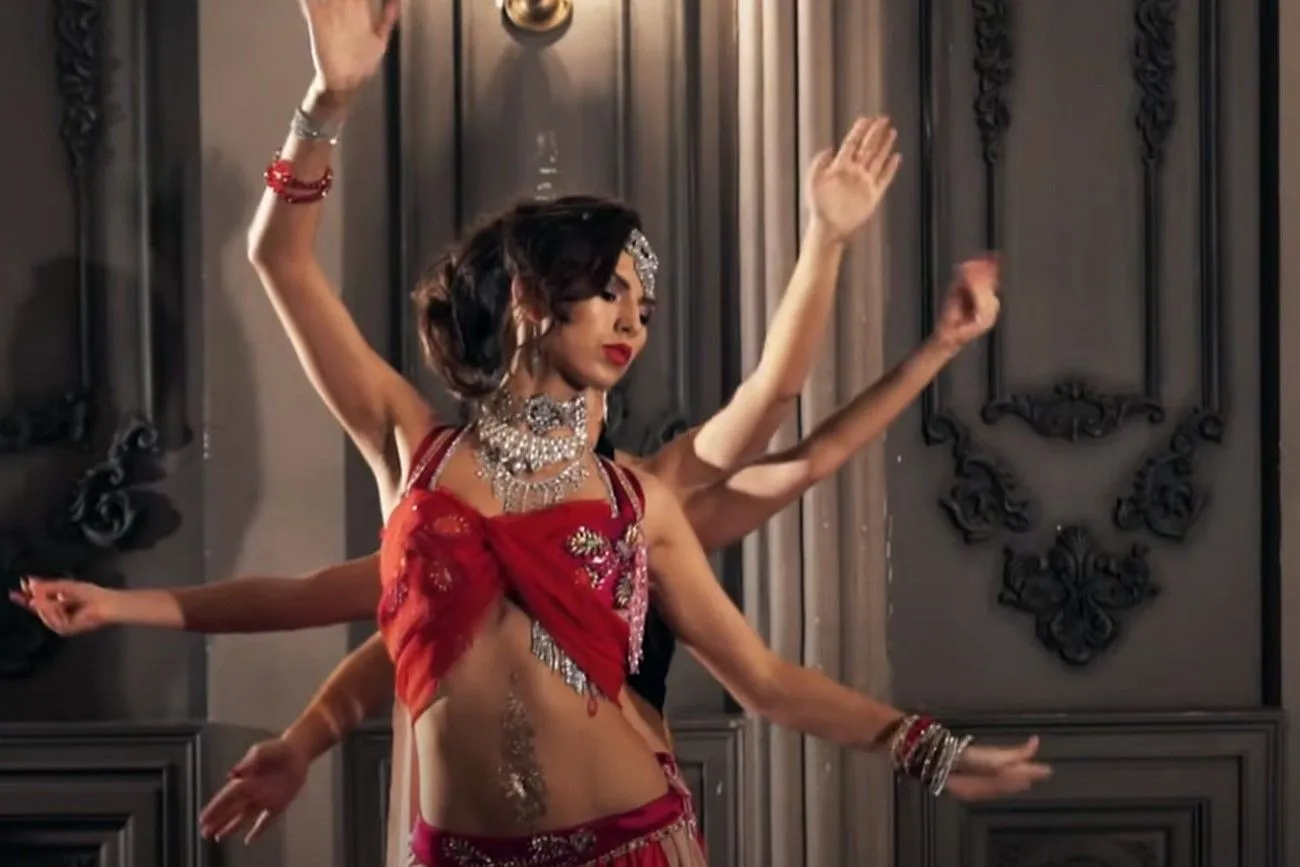 @Beauty arabic east dance - Belly Violett Show 1001 and one night/Igor/YouTube.com
@Beauty arabic east dance - Belly Violett Show 1001 and one night/Igor/YouTube.com
50. Ziarat (Pilgrimage)
Iraqis hold their traditions in high regard, especially religious ones. Every self-respecting Iraqi resident undertakes a pilgrimage at least once in their lifetime. However, there is a particularly significant festival when pilgrimage becomes obligatory. Annually, millions of Shia Muslims from various corners of the globe journey to the sacred city of Karbala in Iraq to observe the martyrdom of Imam Hussein, the grandson of Prophet Muhammad. This pilgrimage, called Arbaeen, stands as one of the most massive religious congregations on the planet.
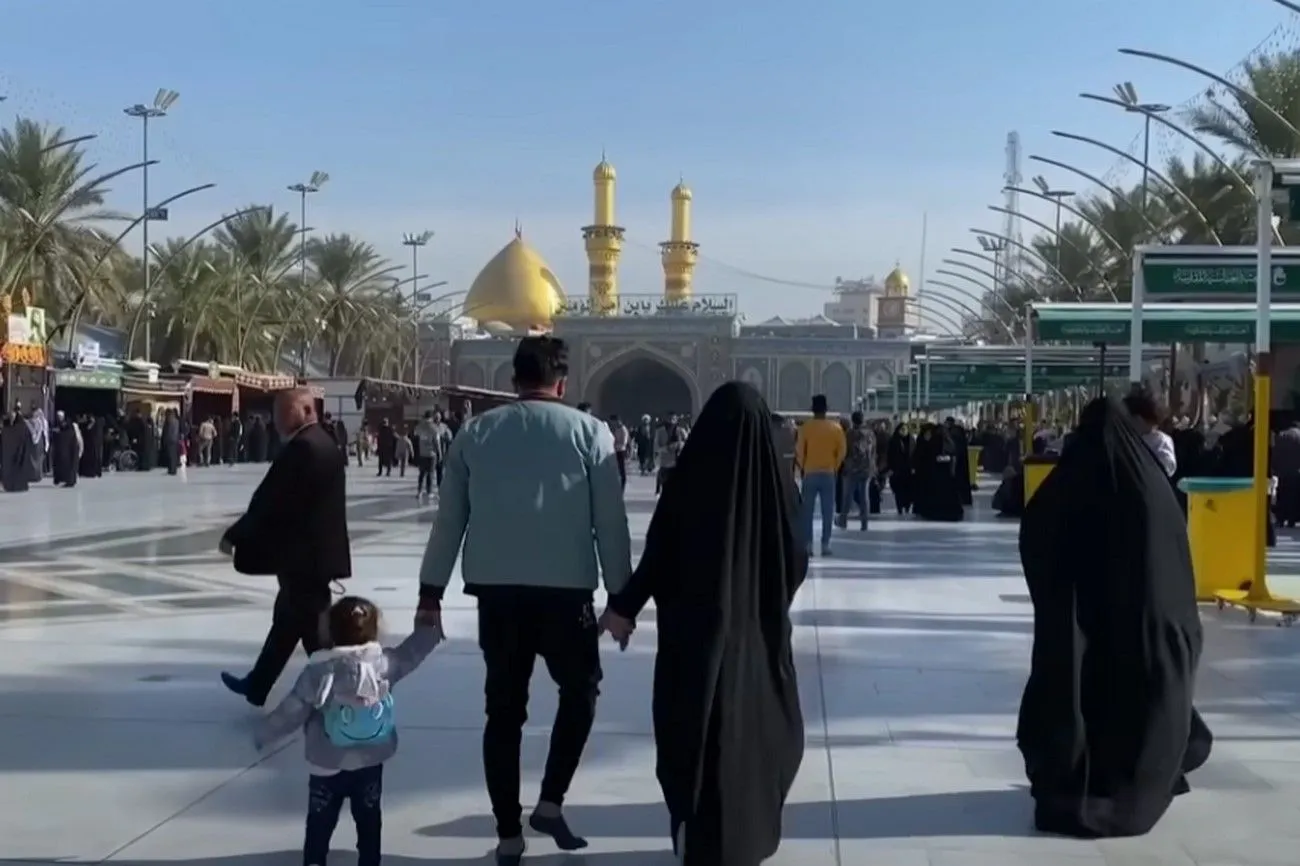 @The World's BIGGEST Pilgrimage (Karbala, Iraq)/Drew Binsky/YouTube.com
@The World's BIGGEST Pilgrimage (Karbala, Iraq)/Drew Binsky/YouTube.com